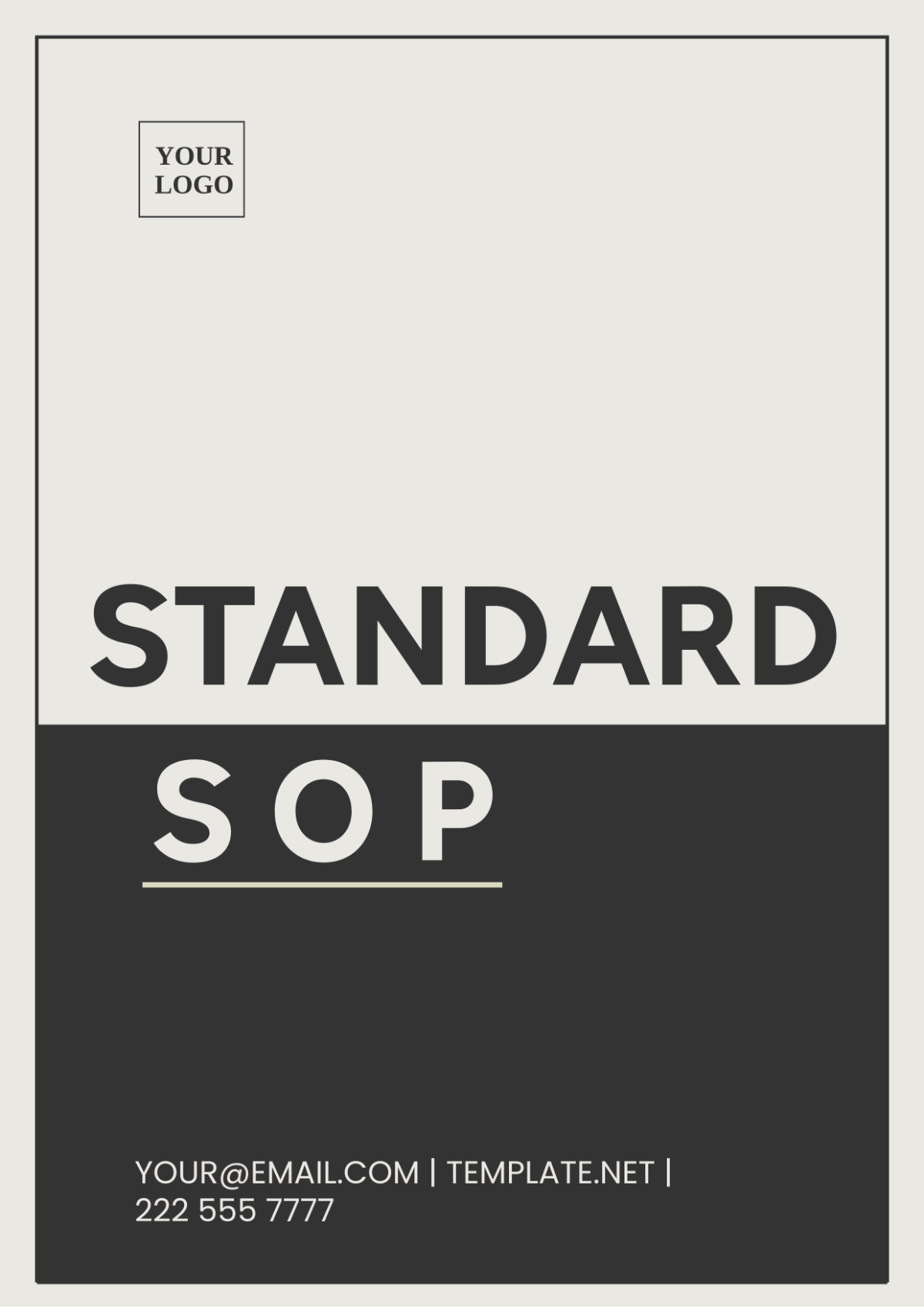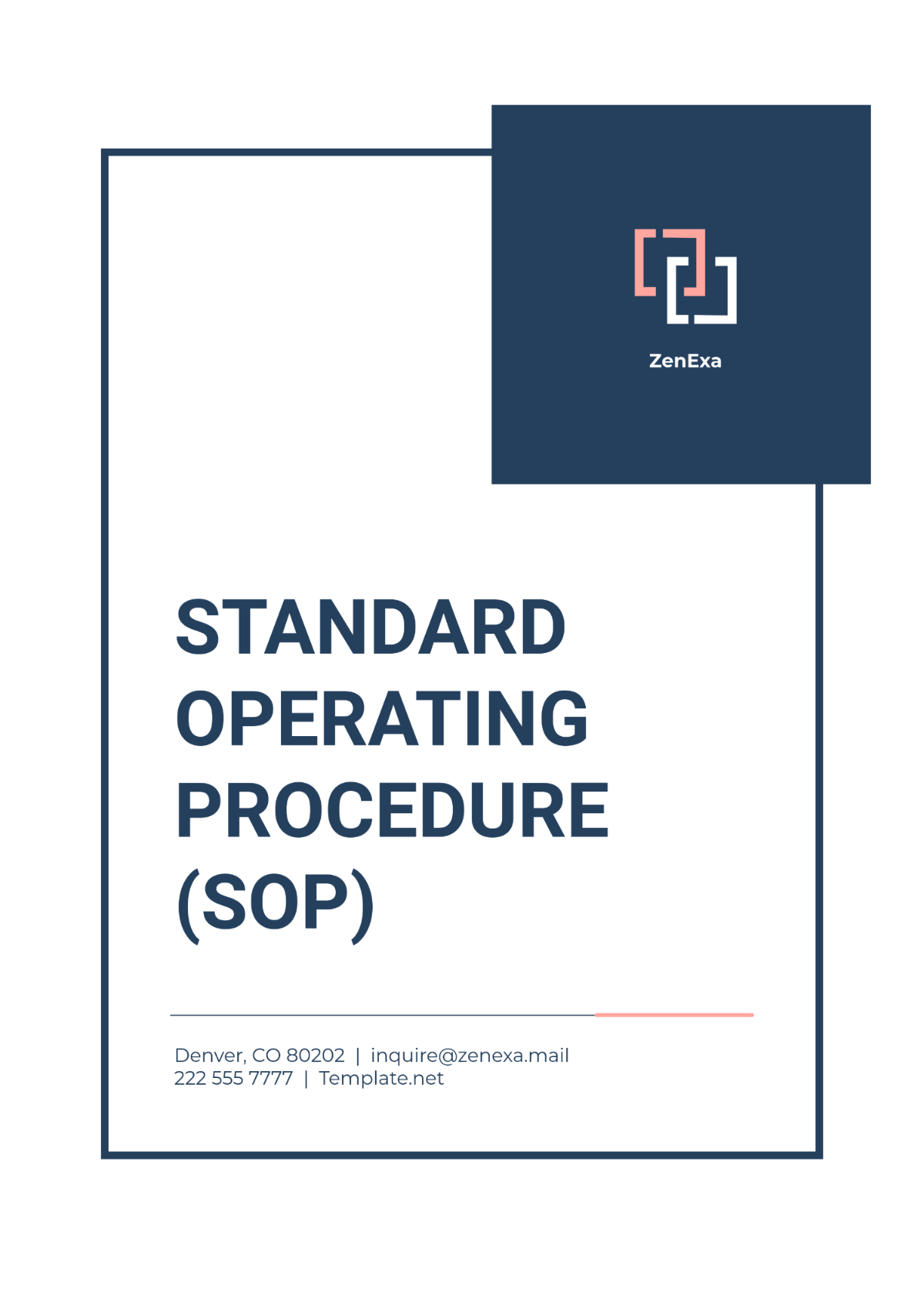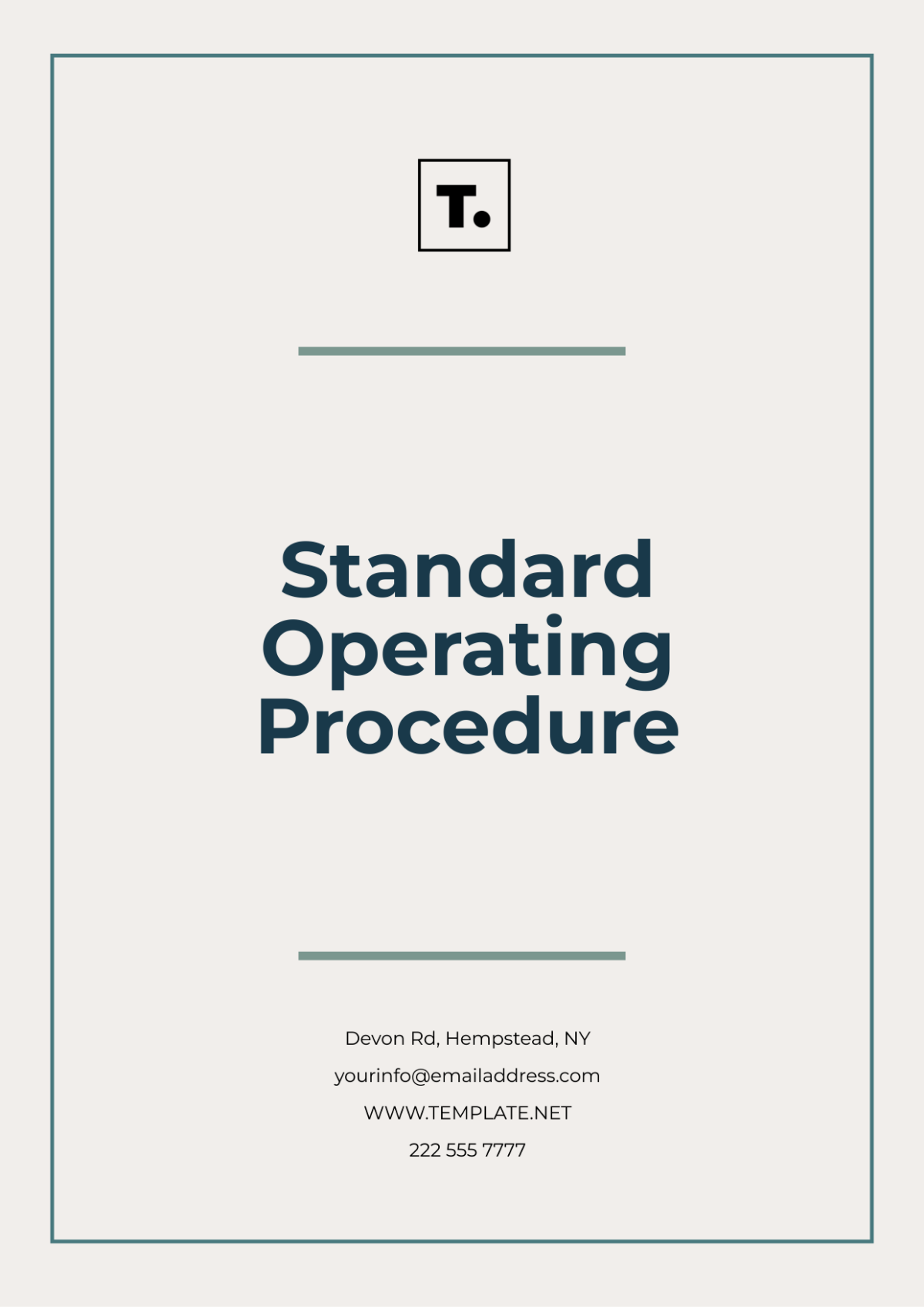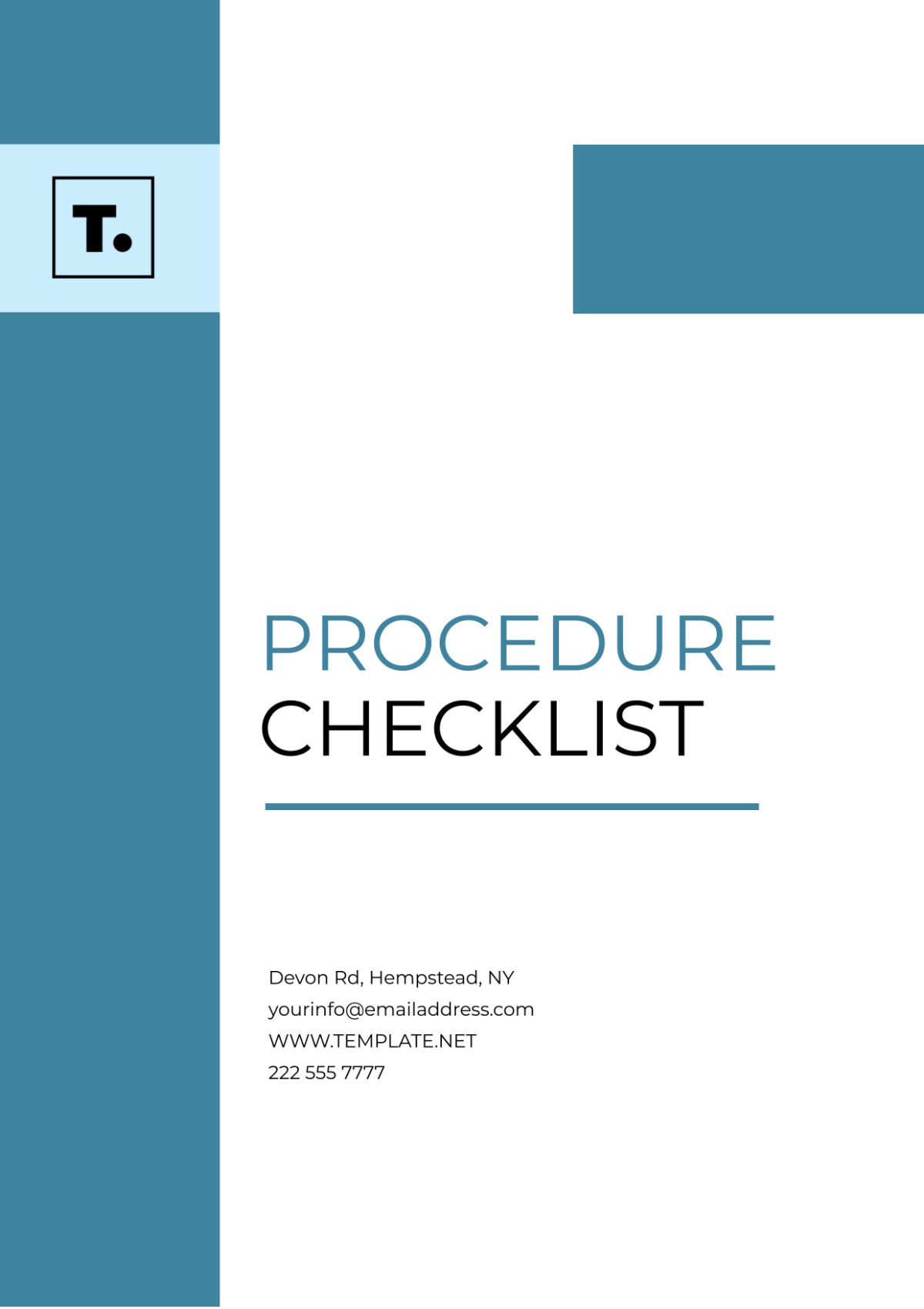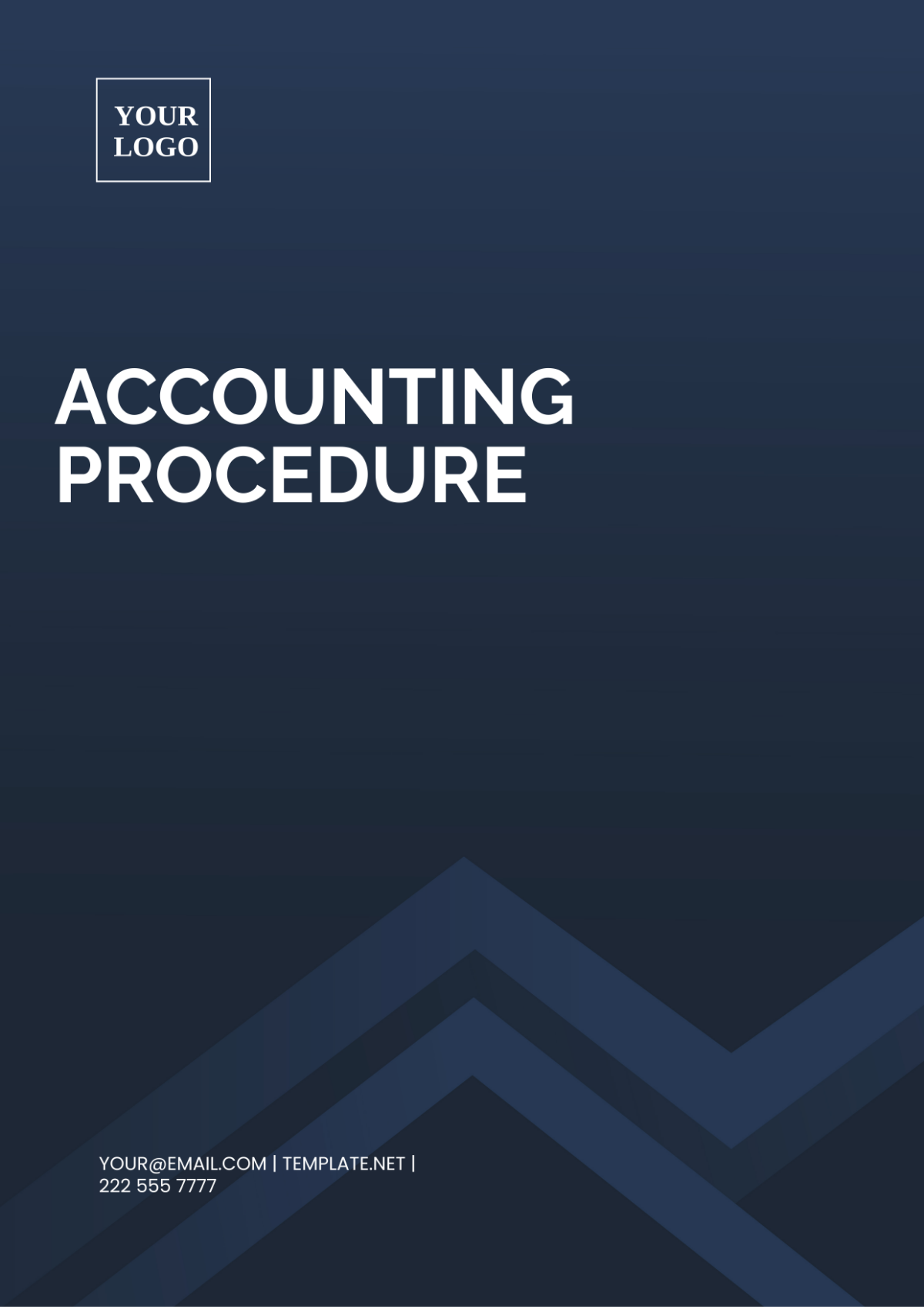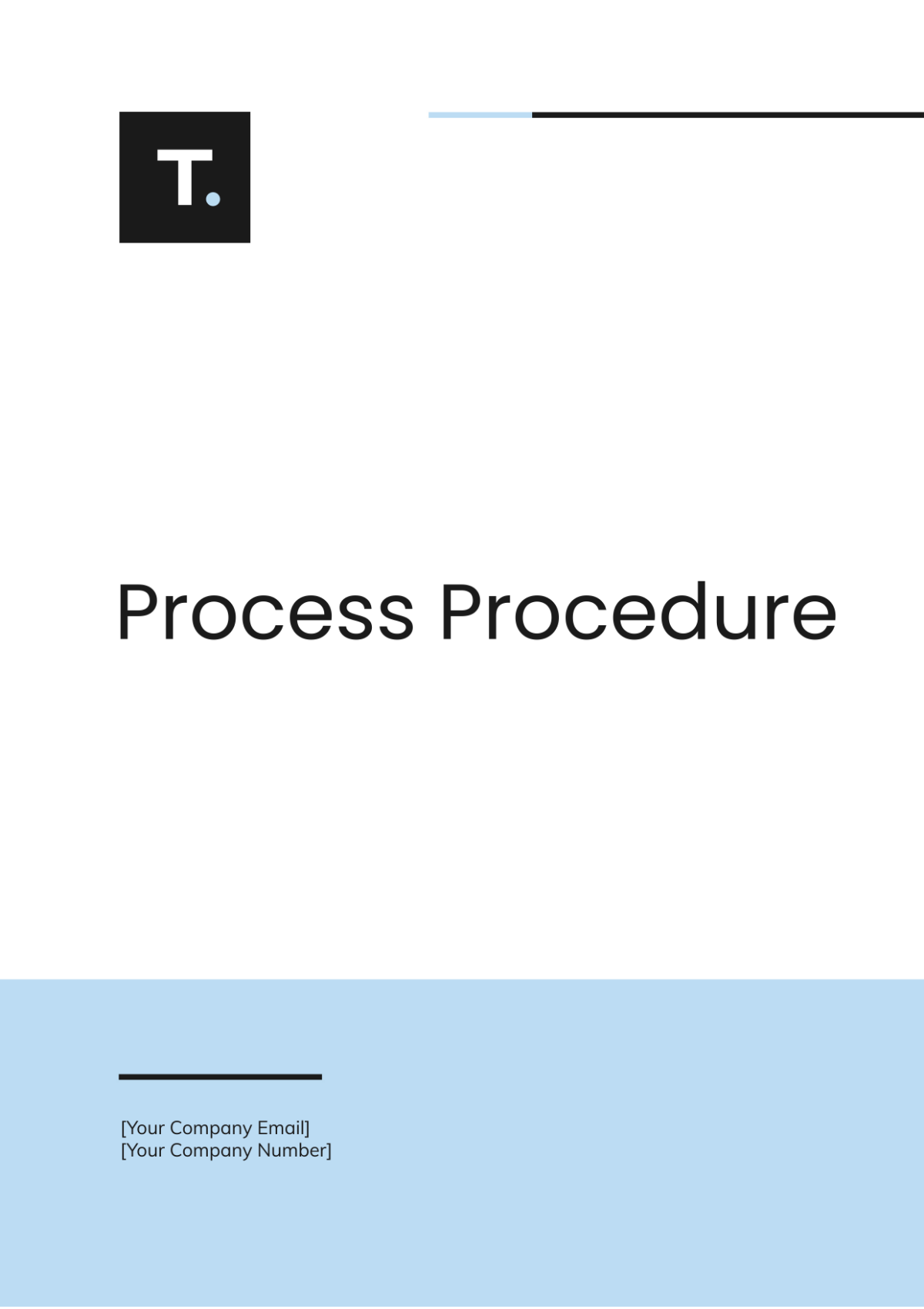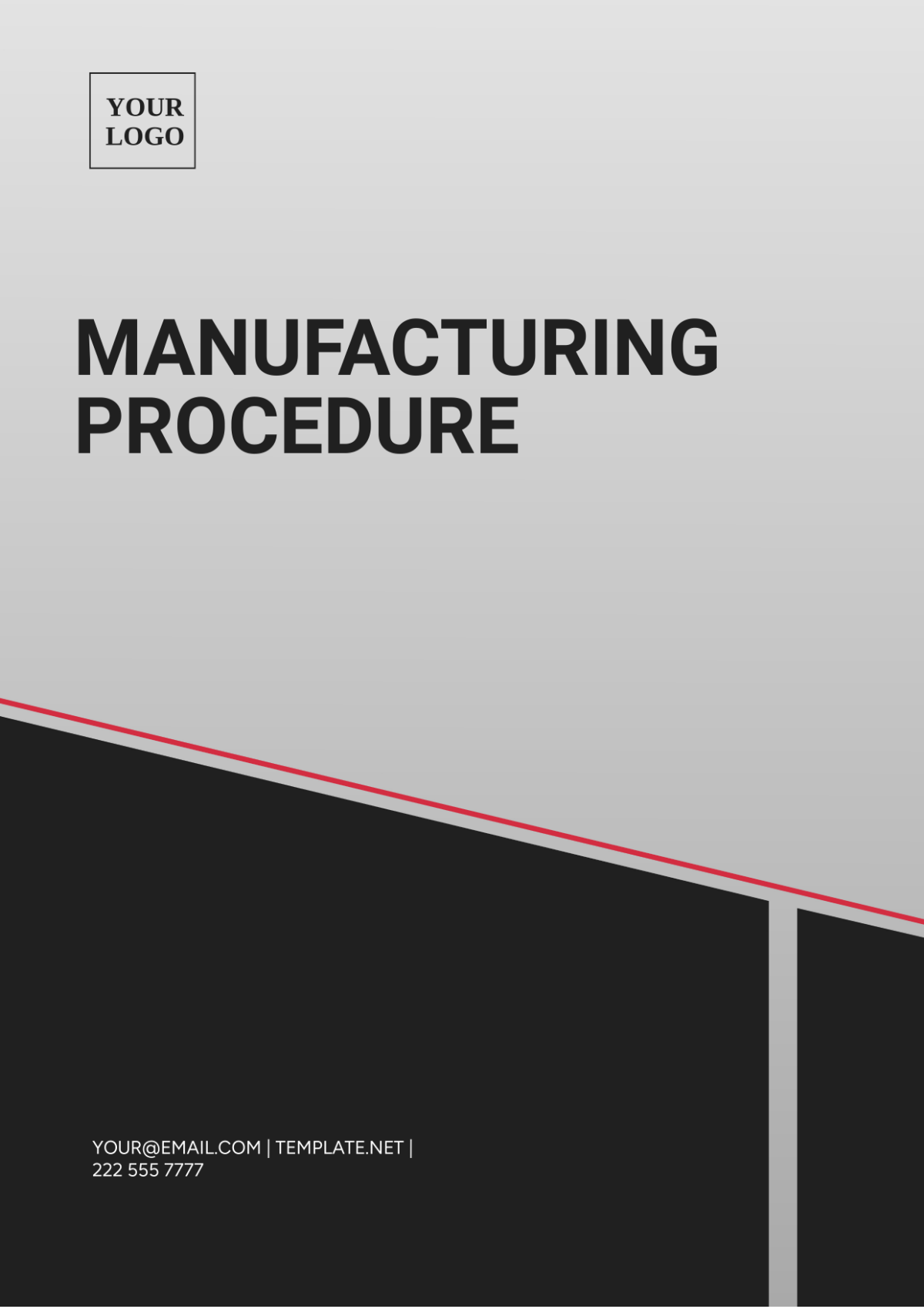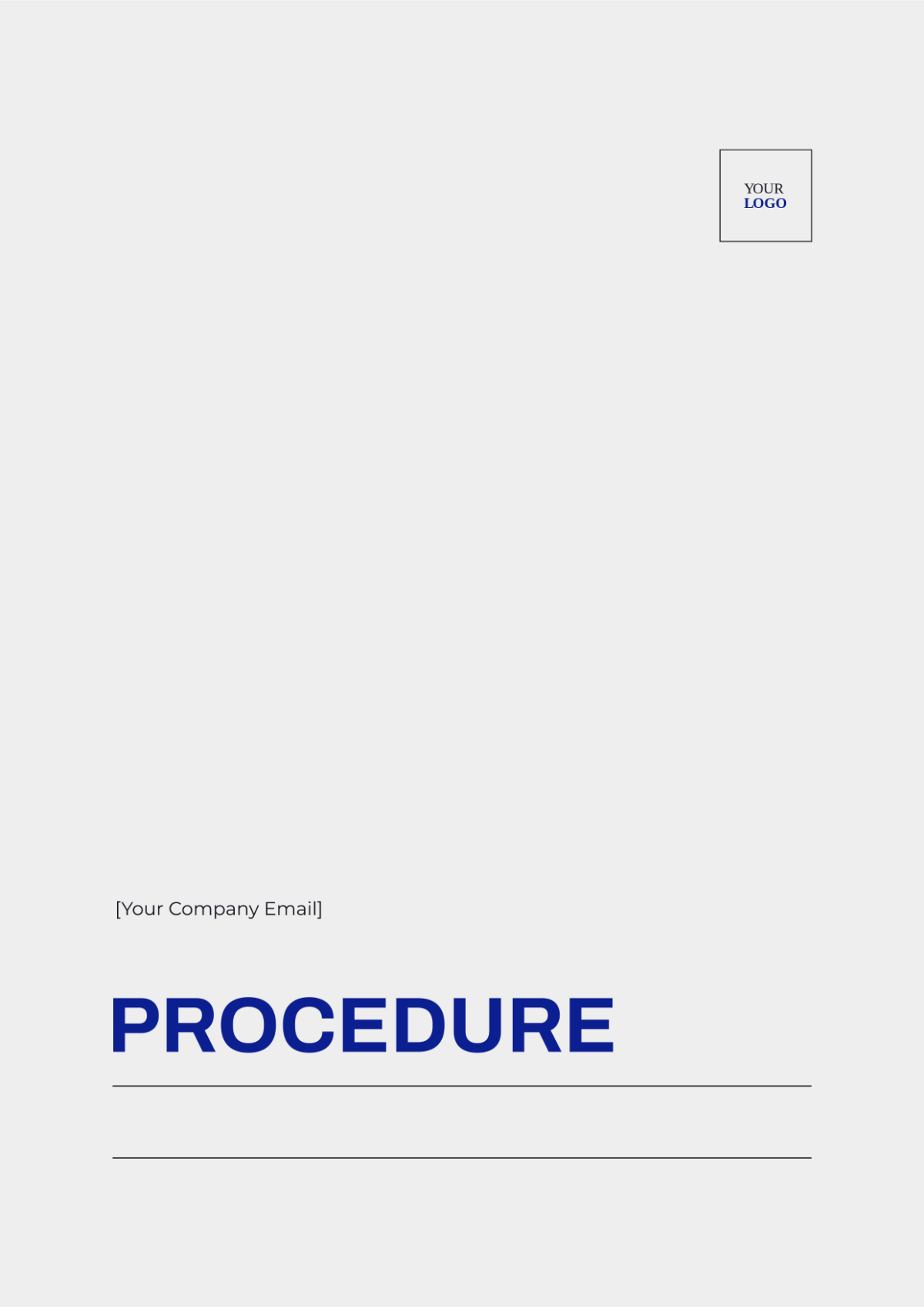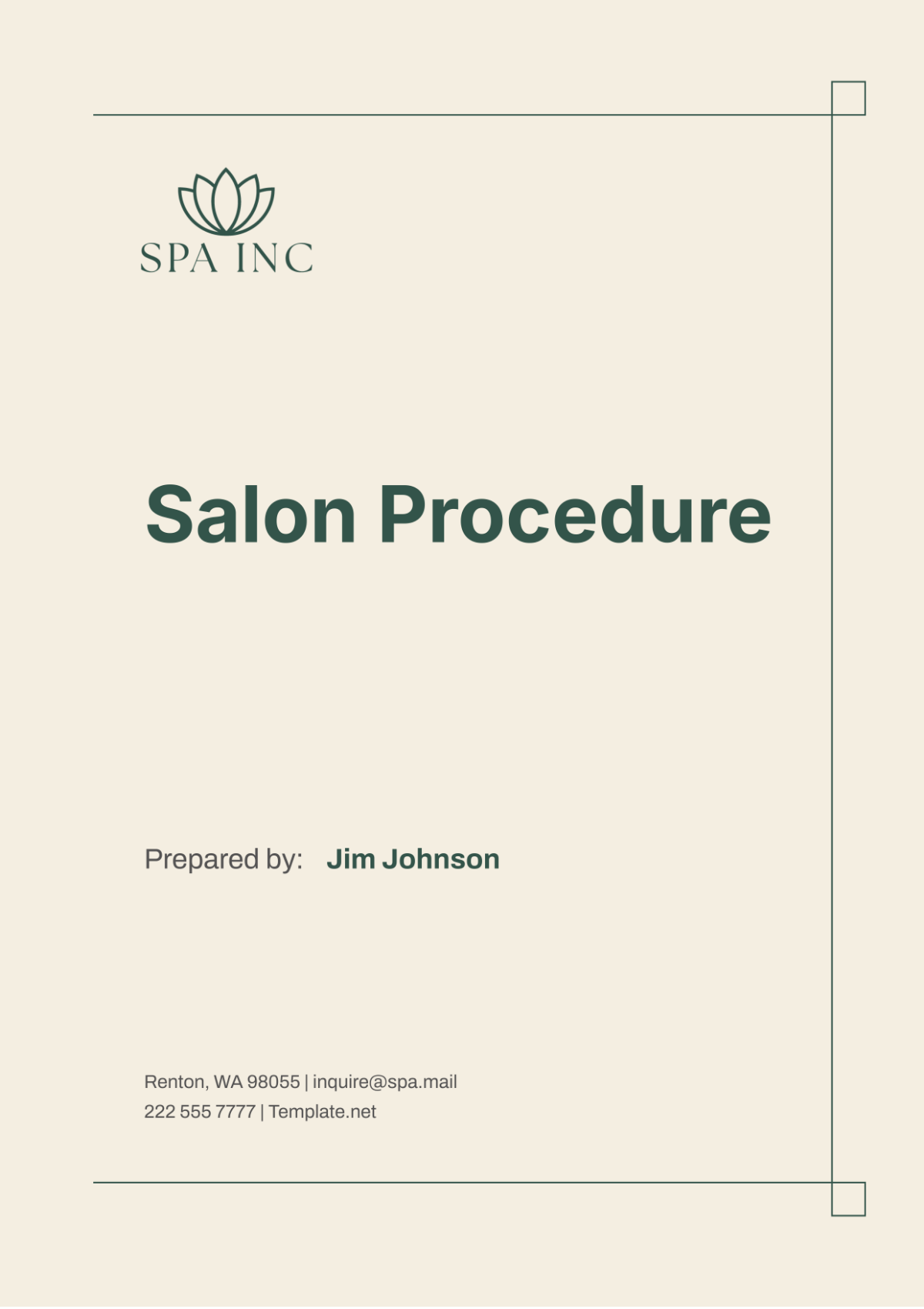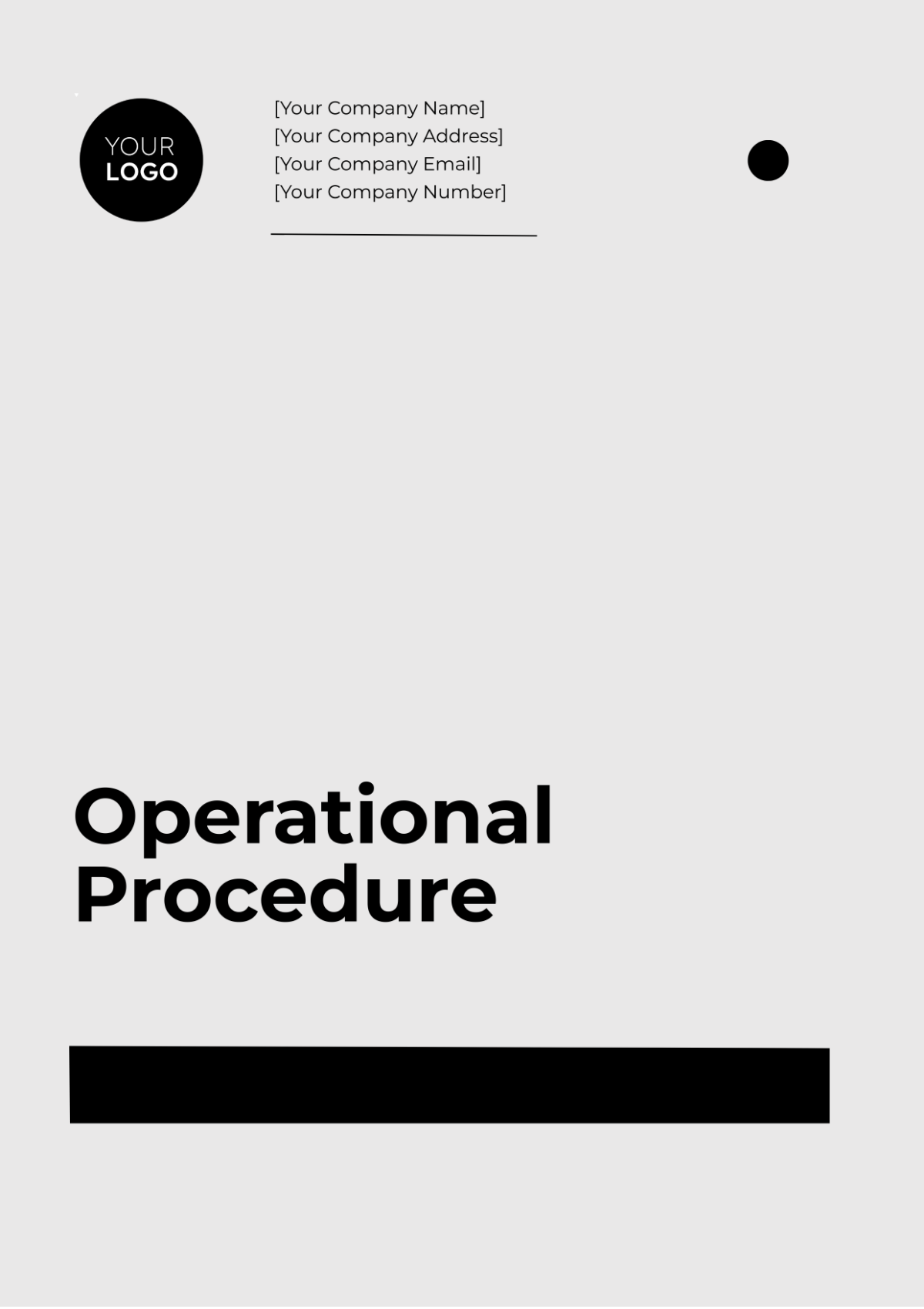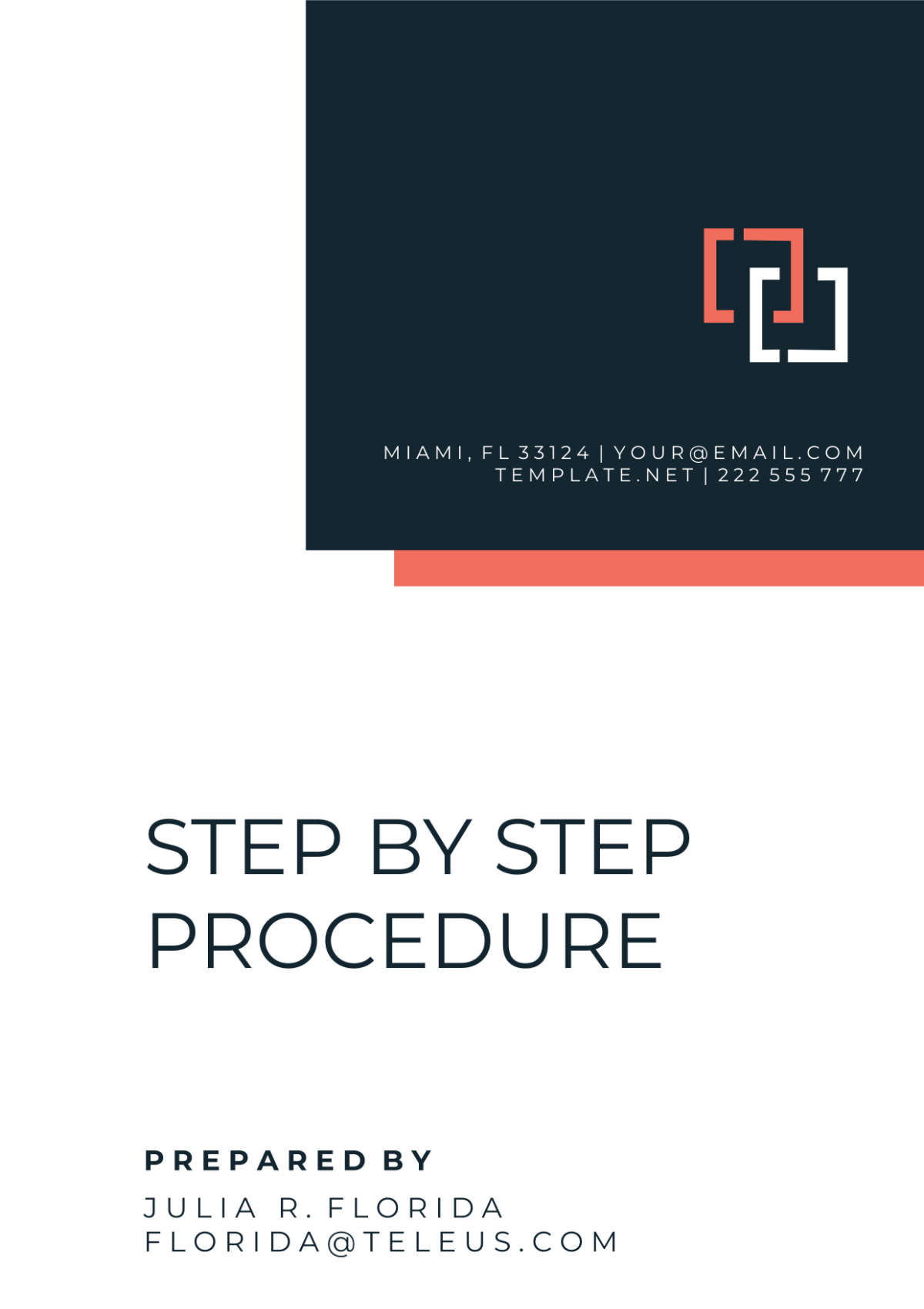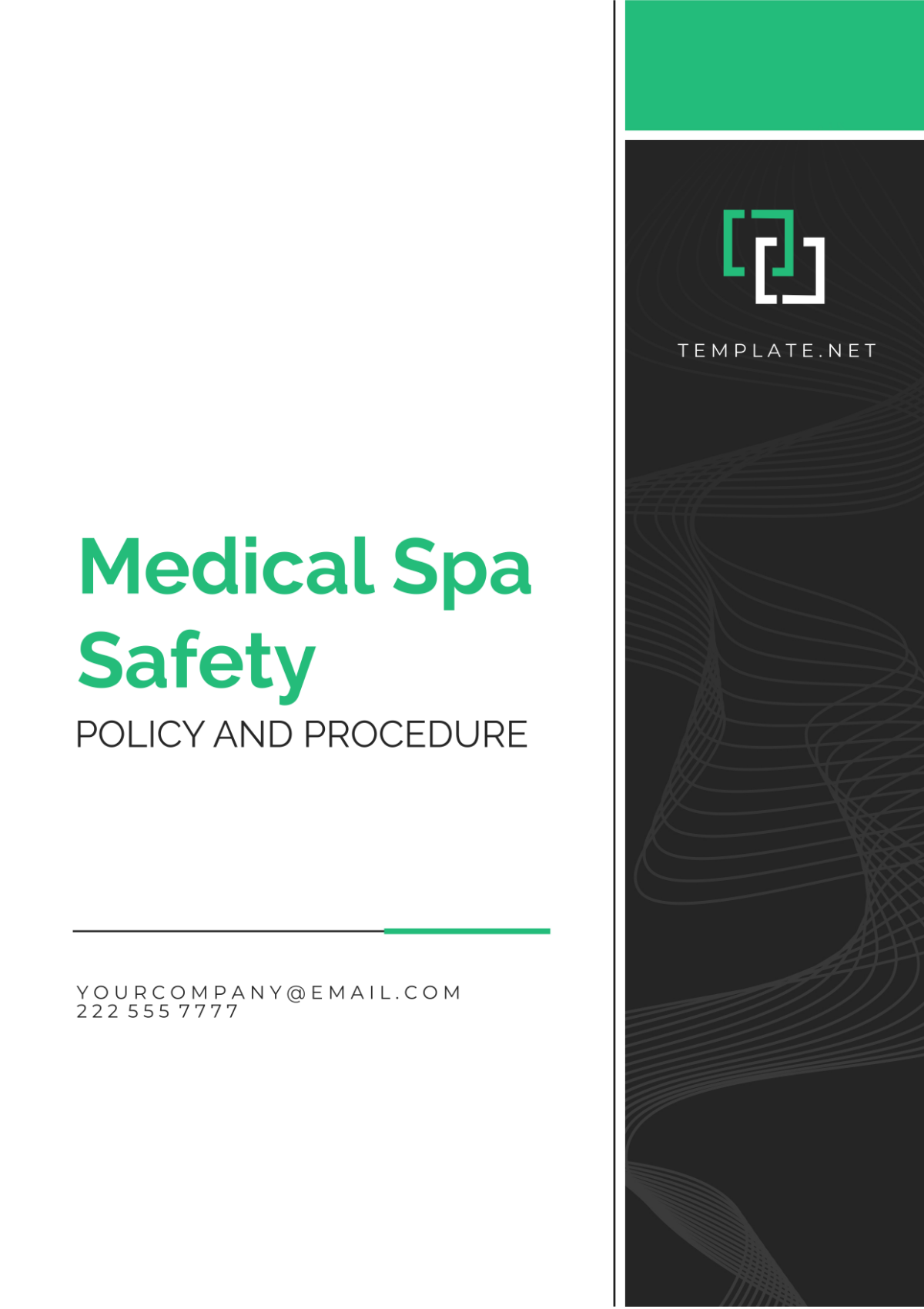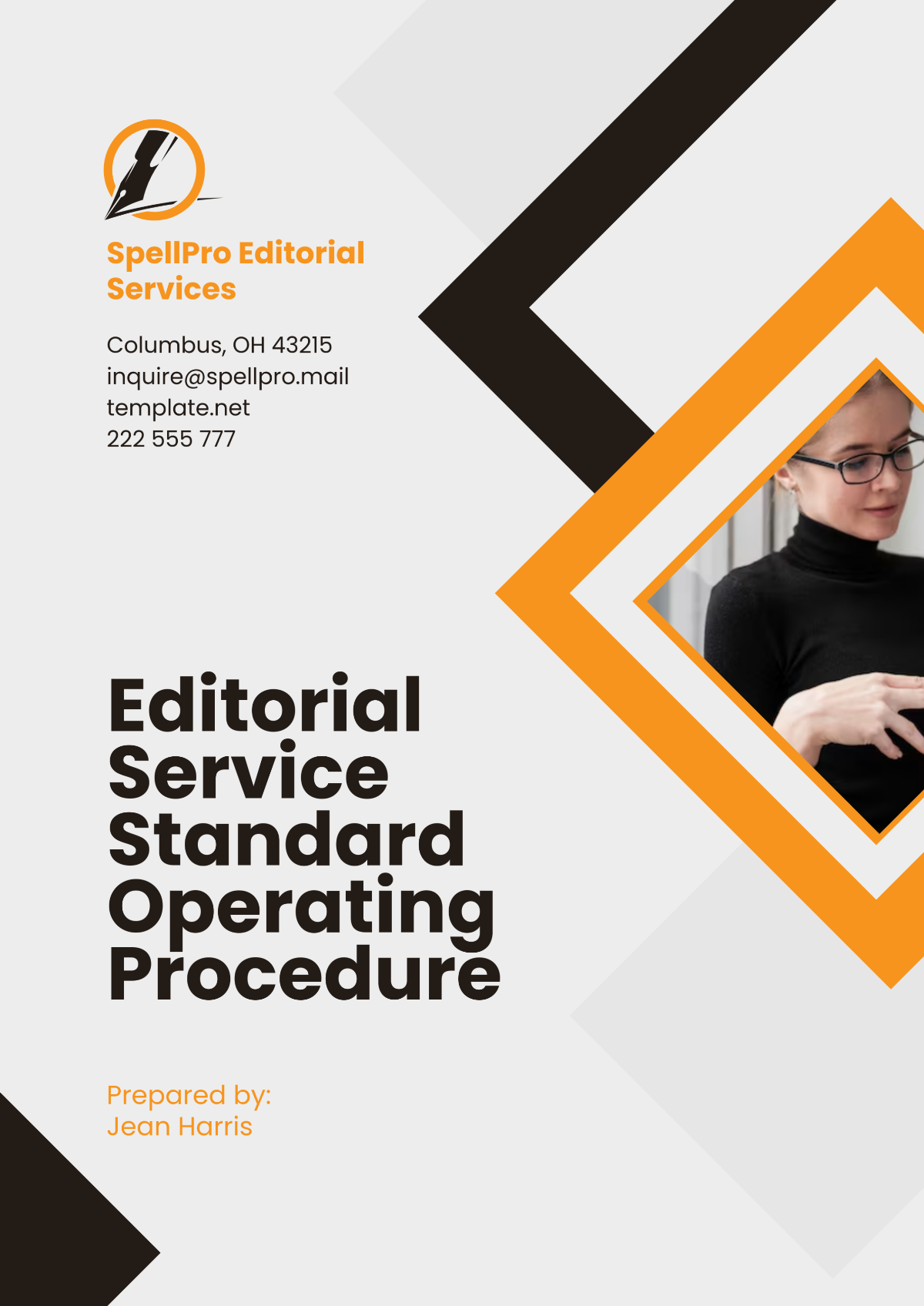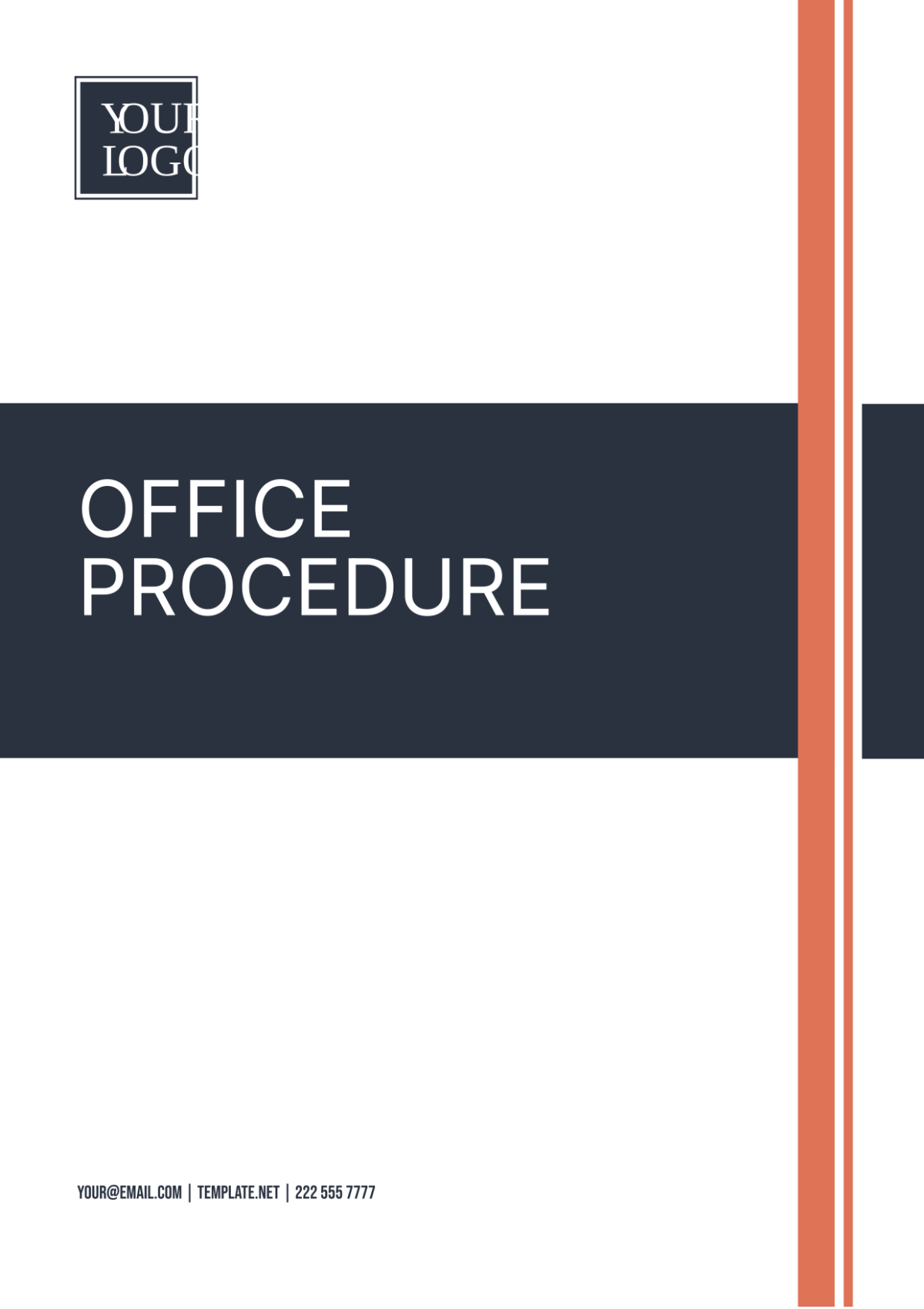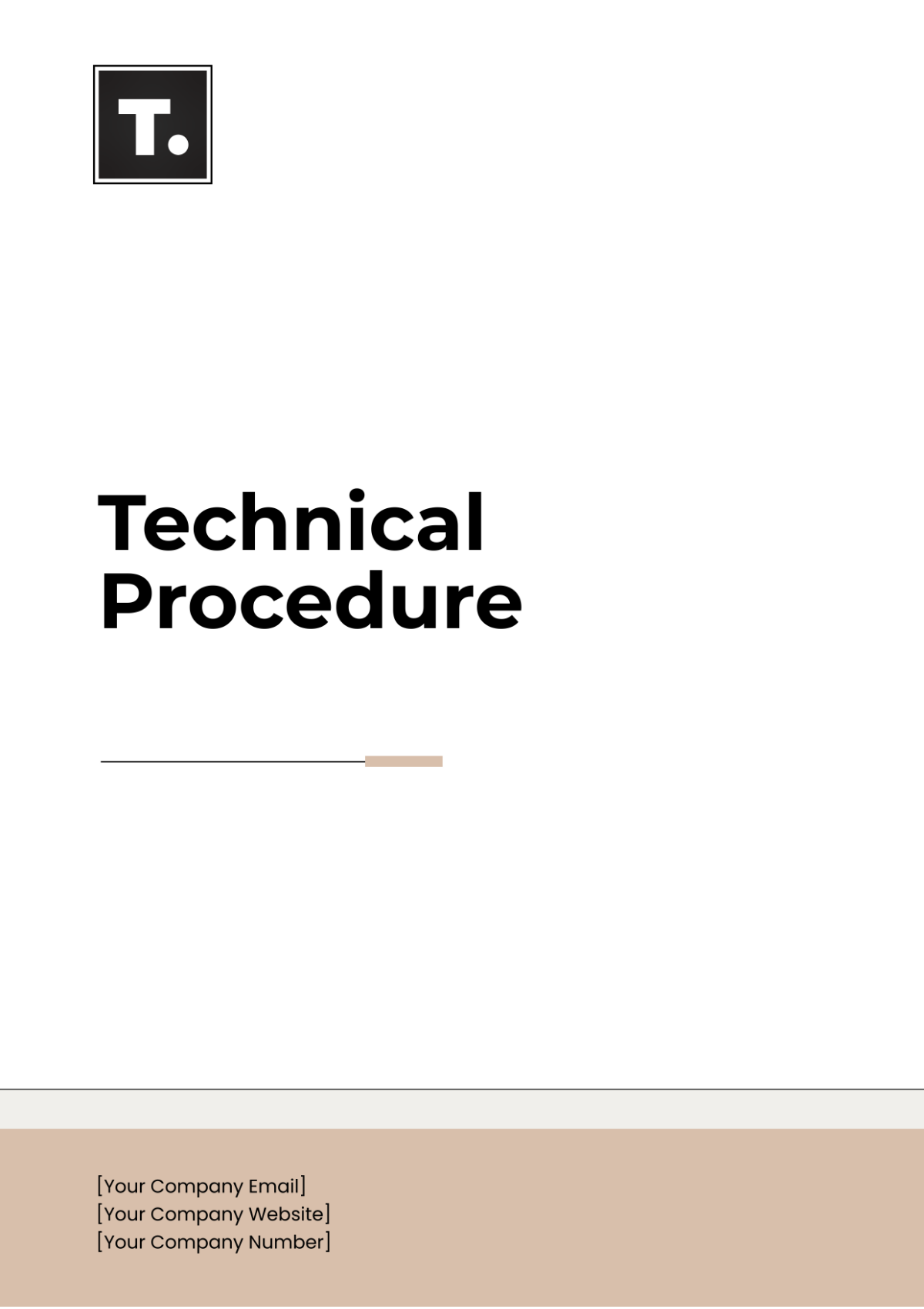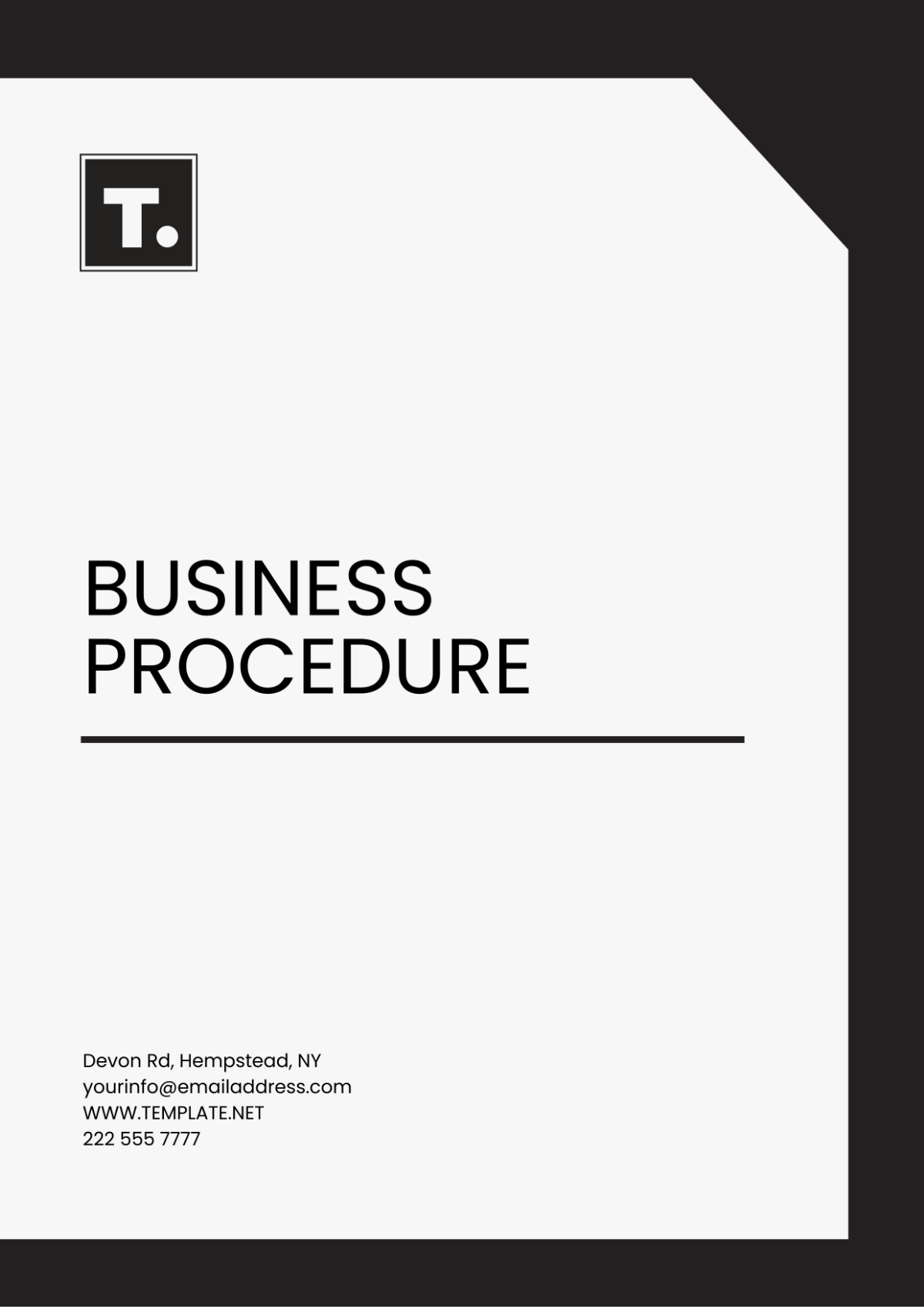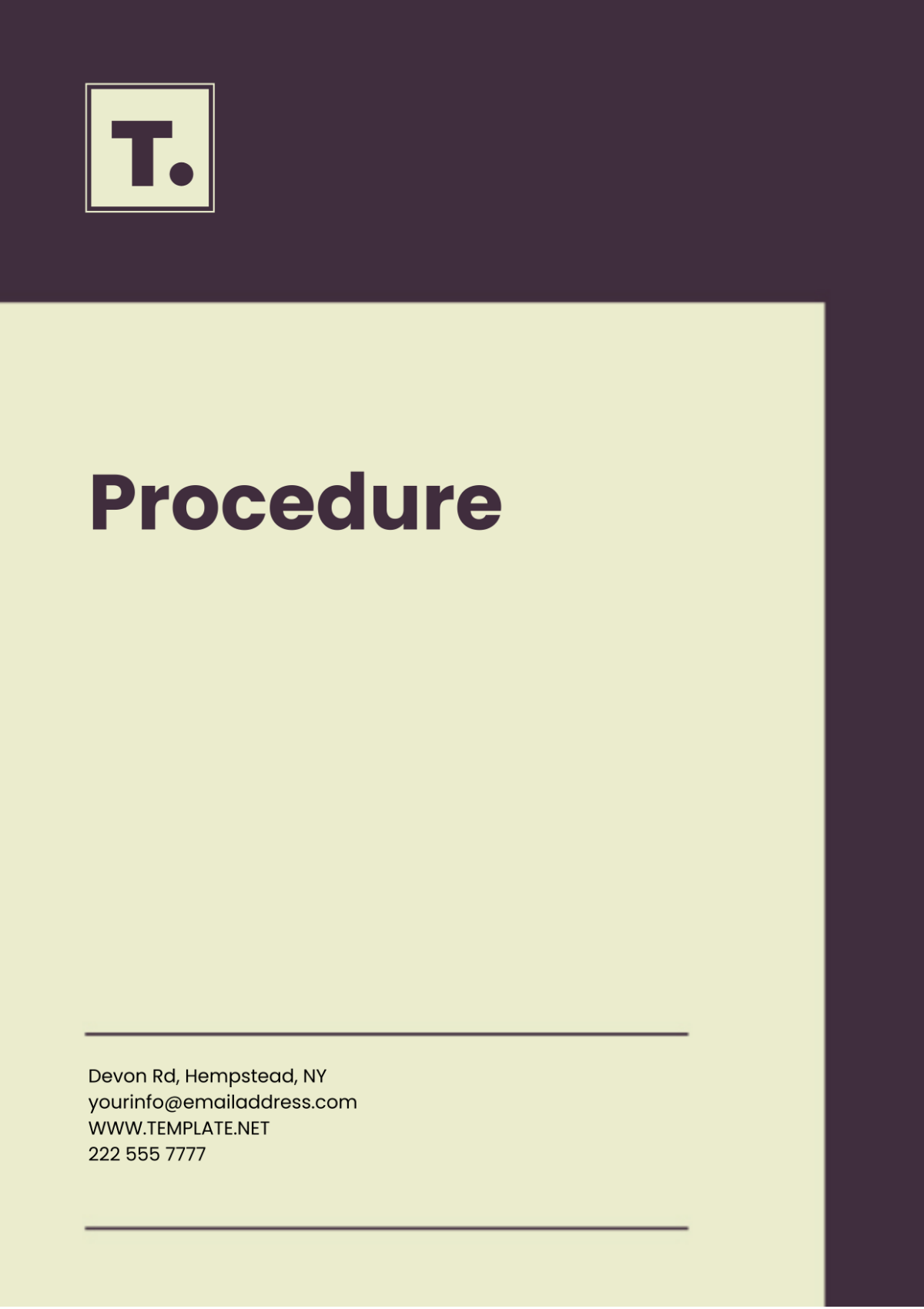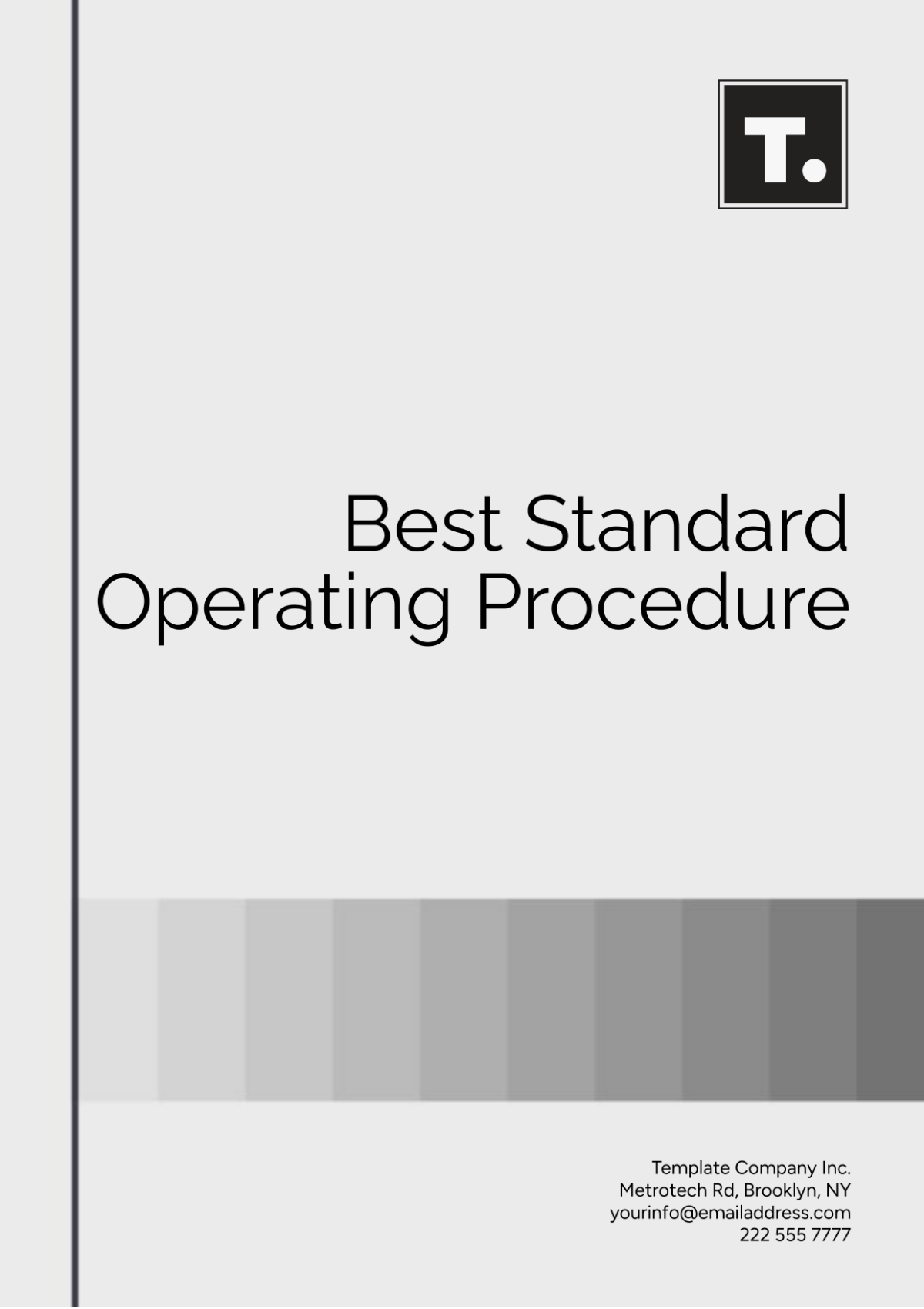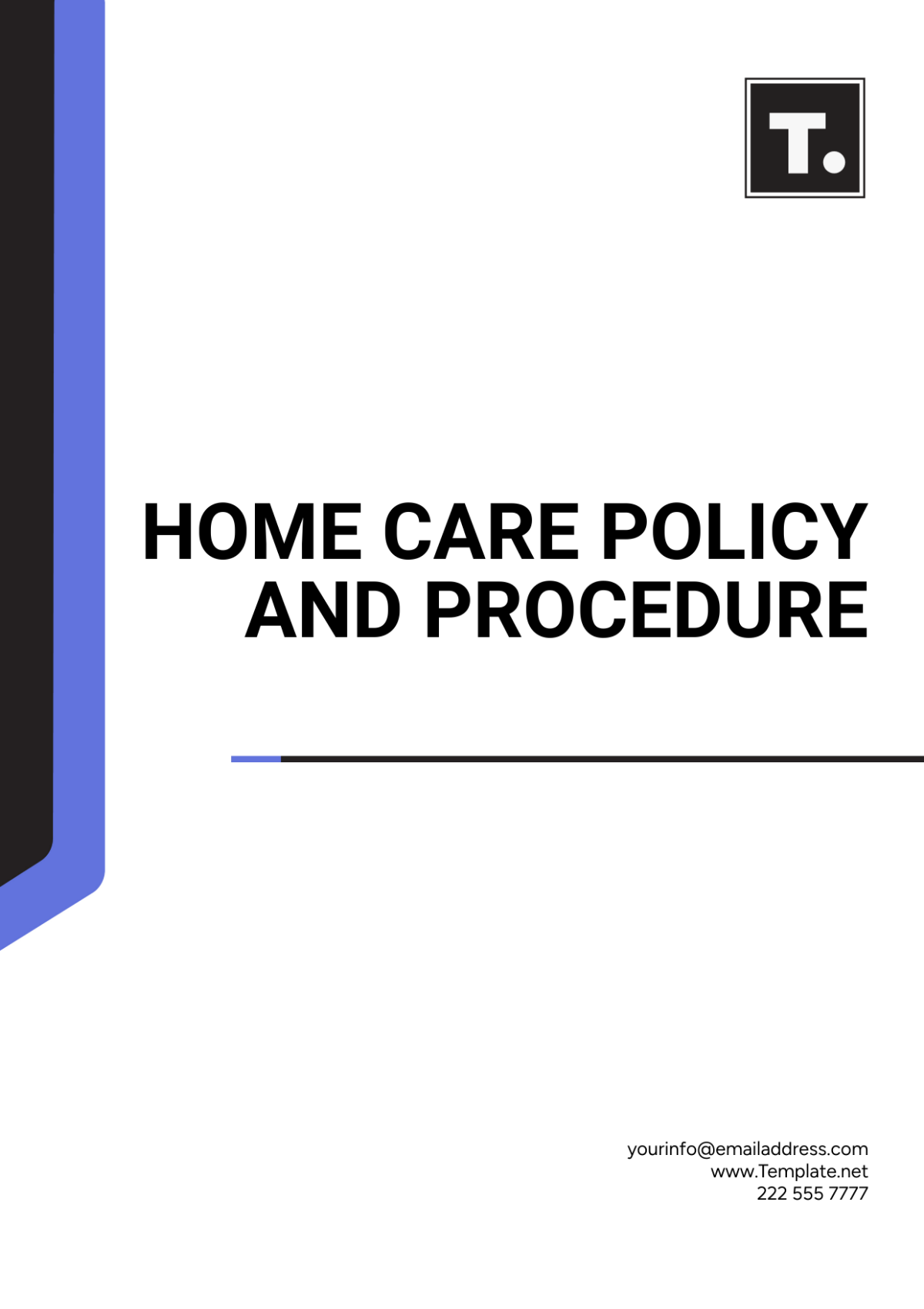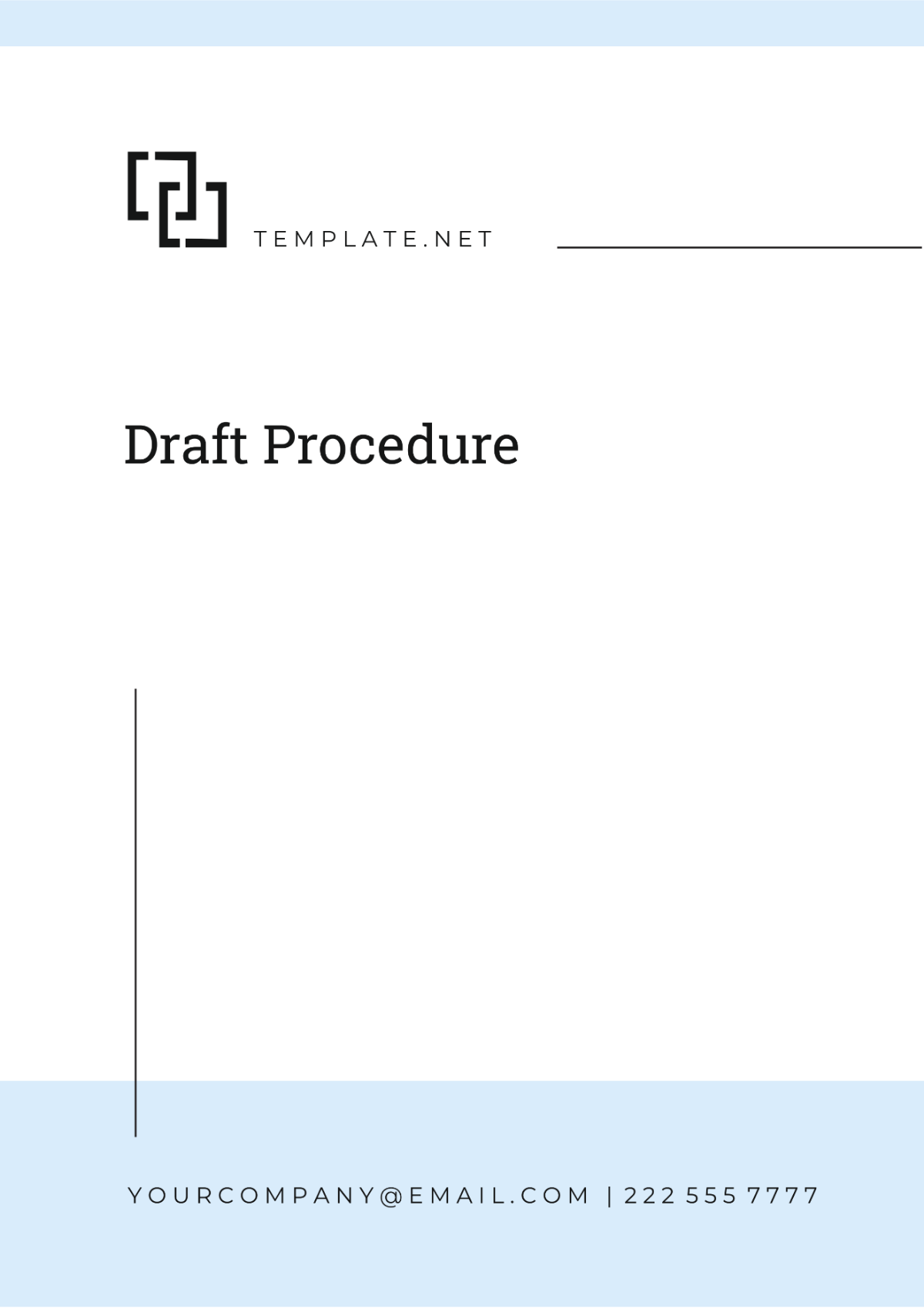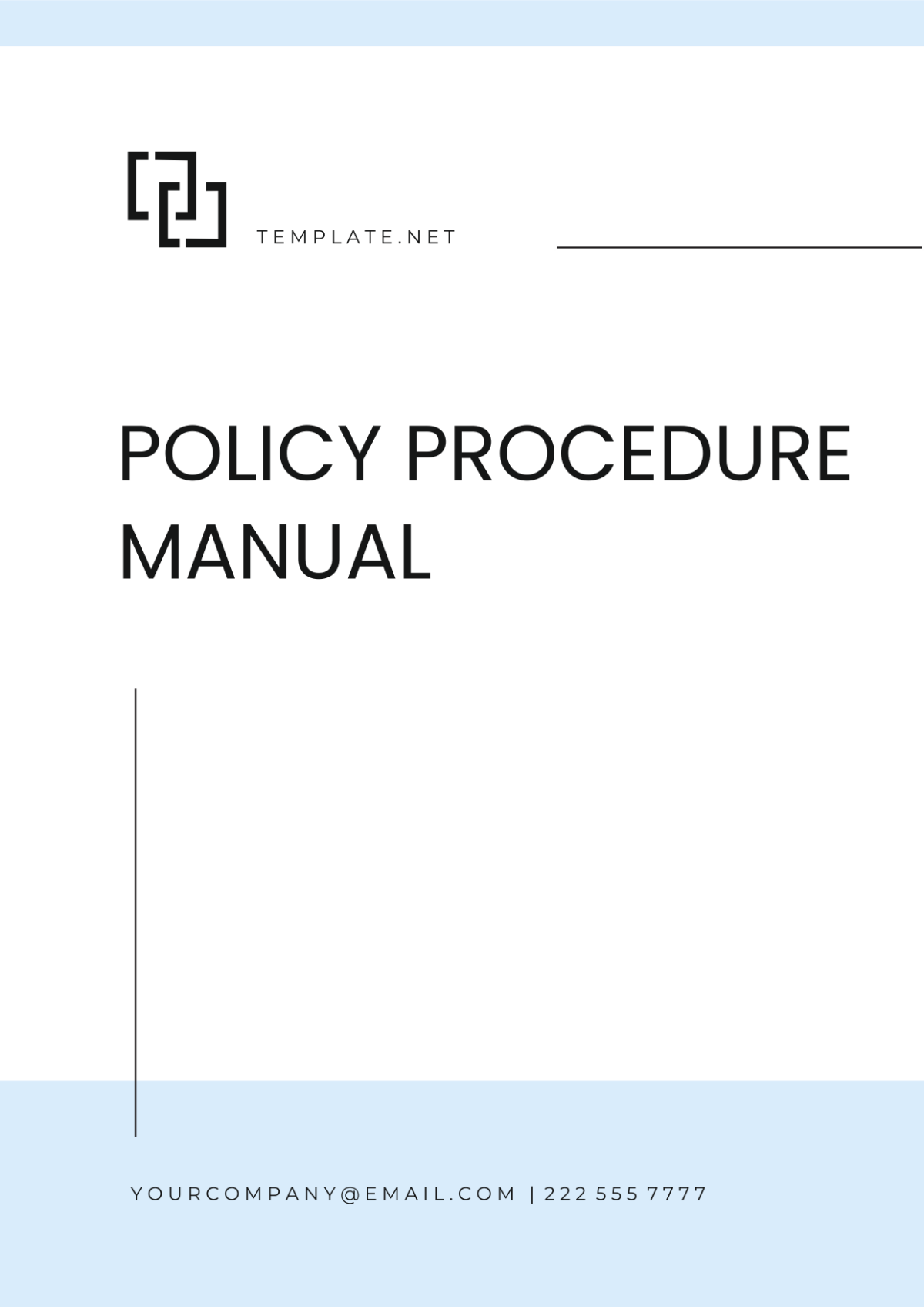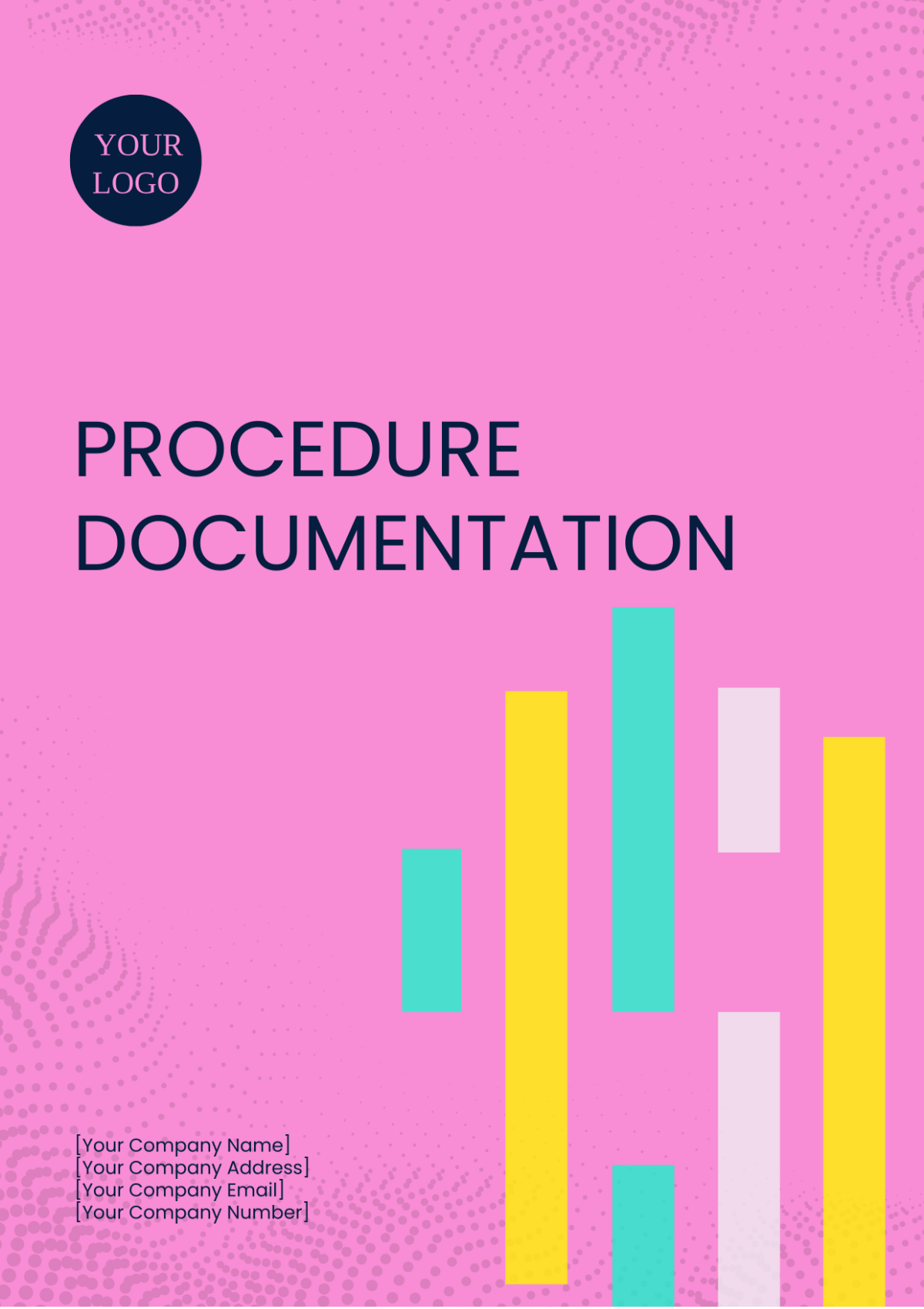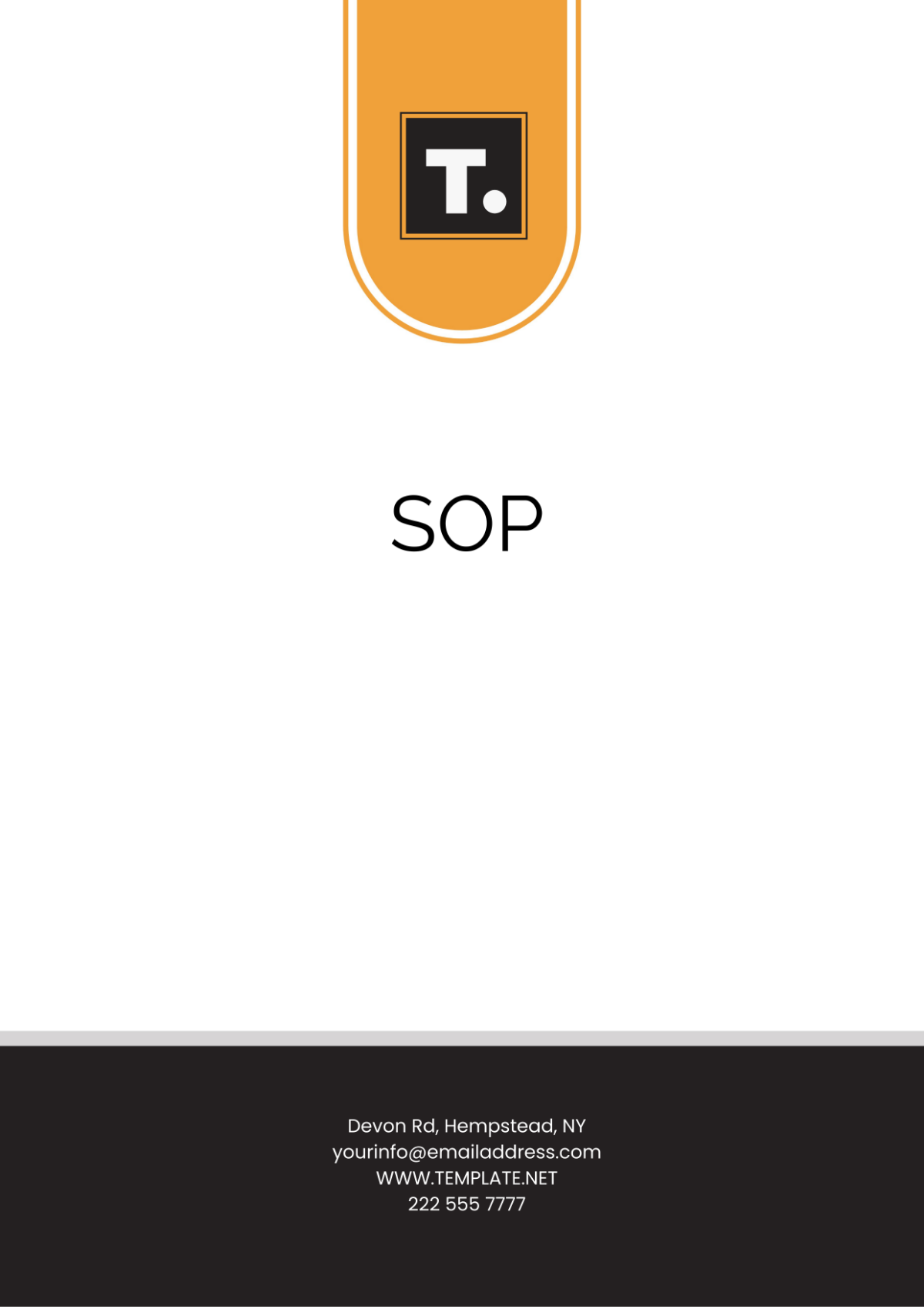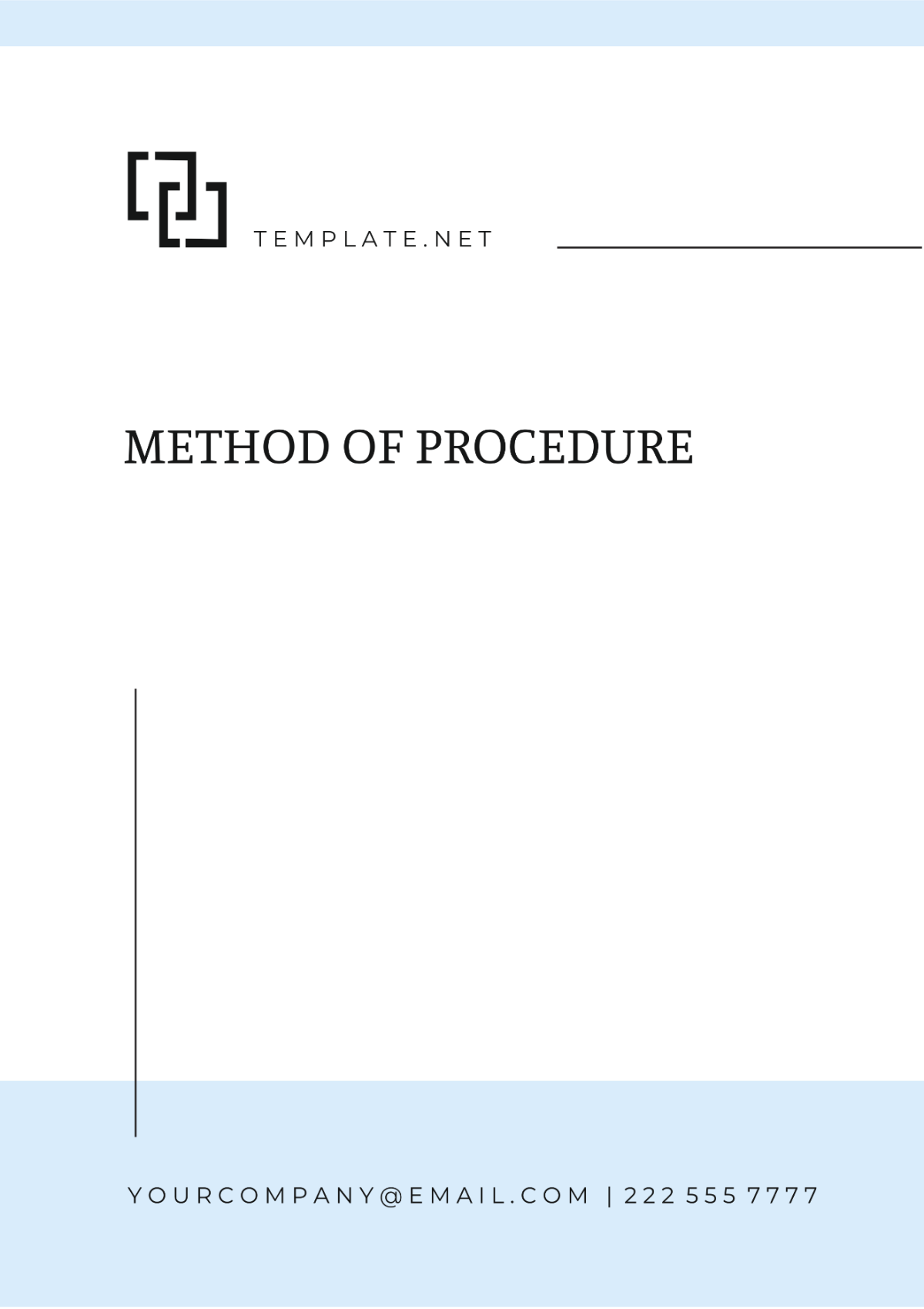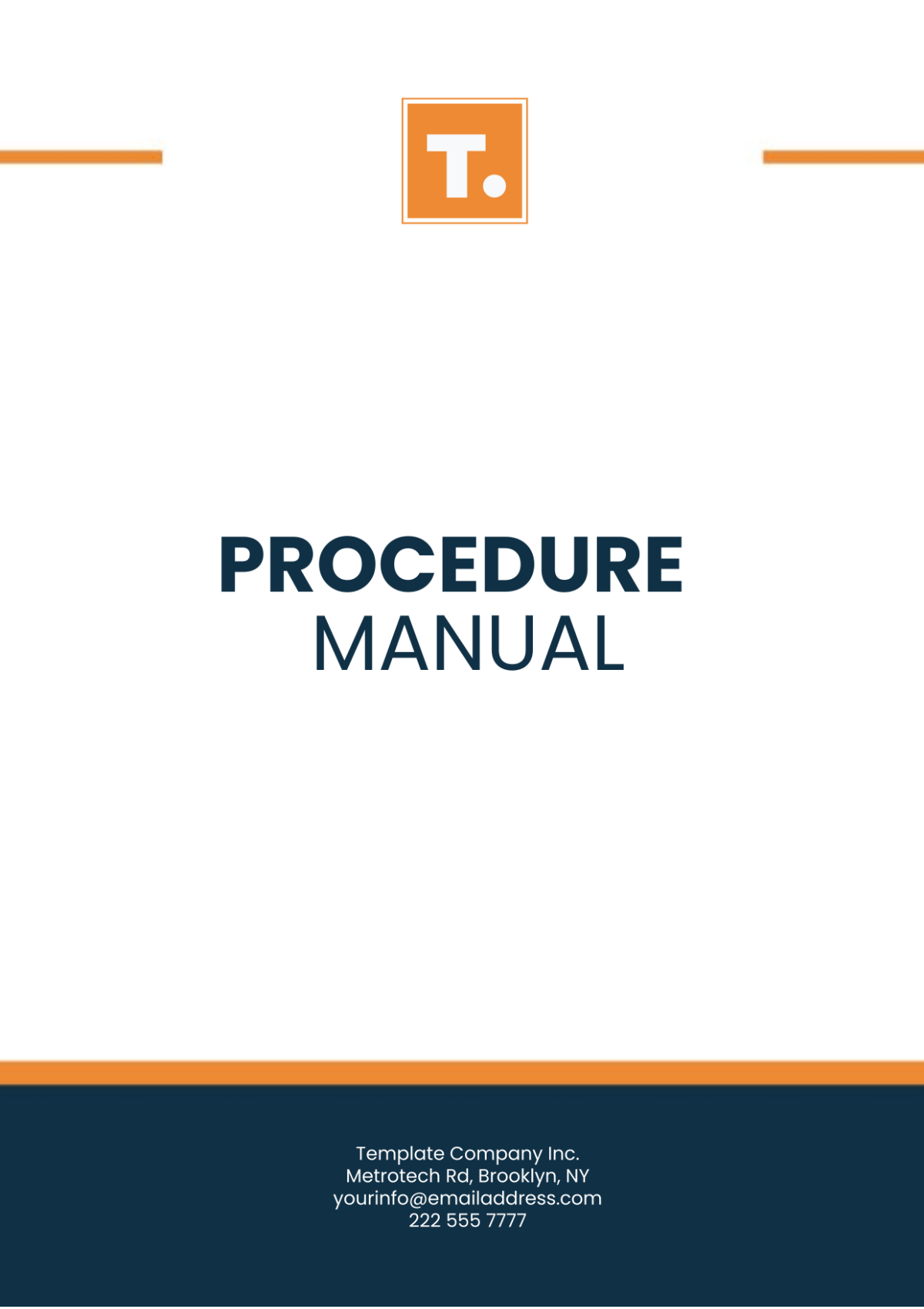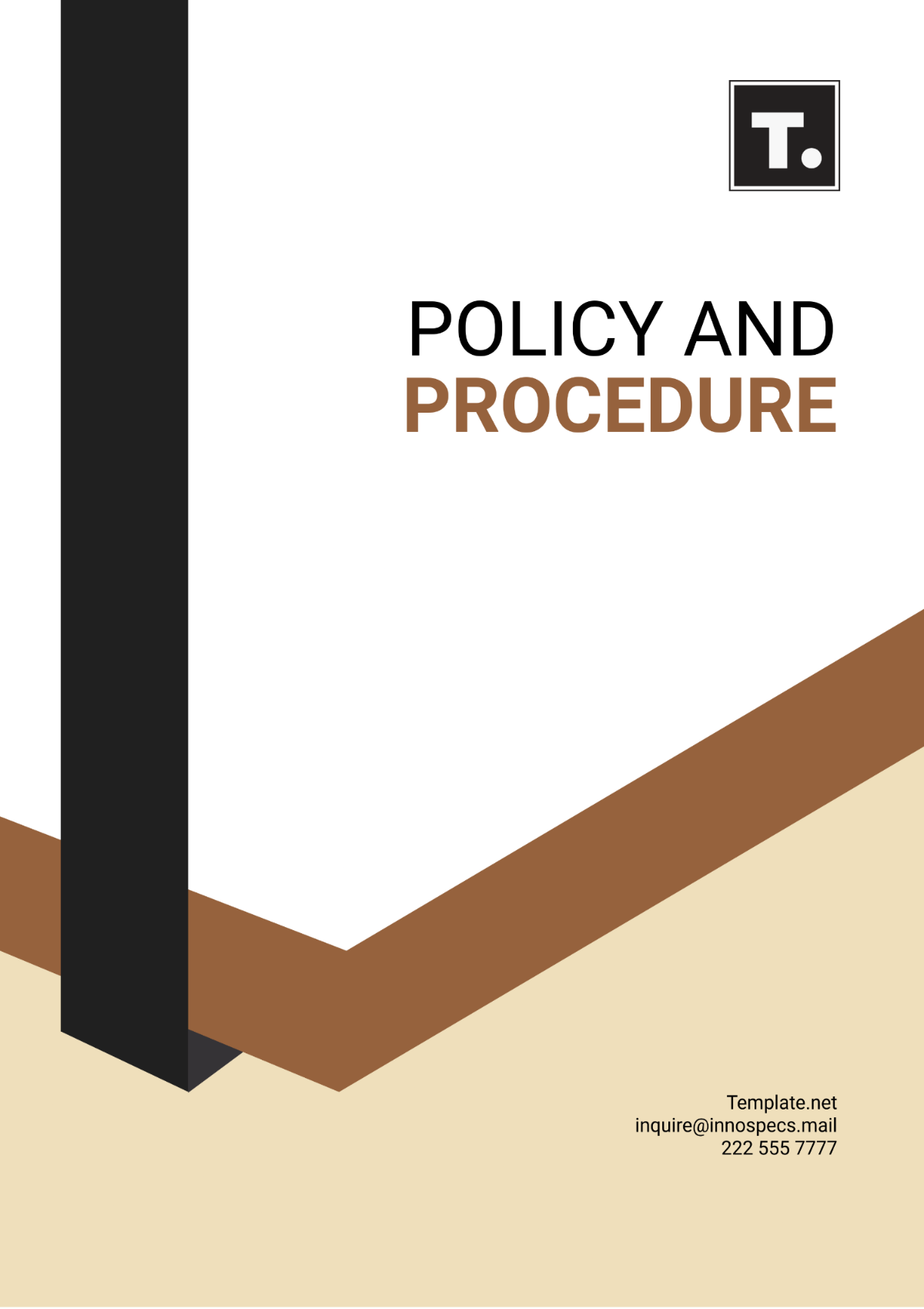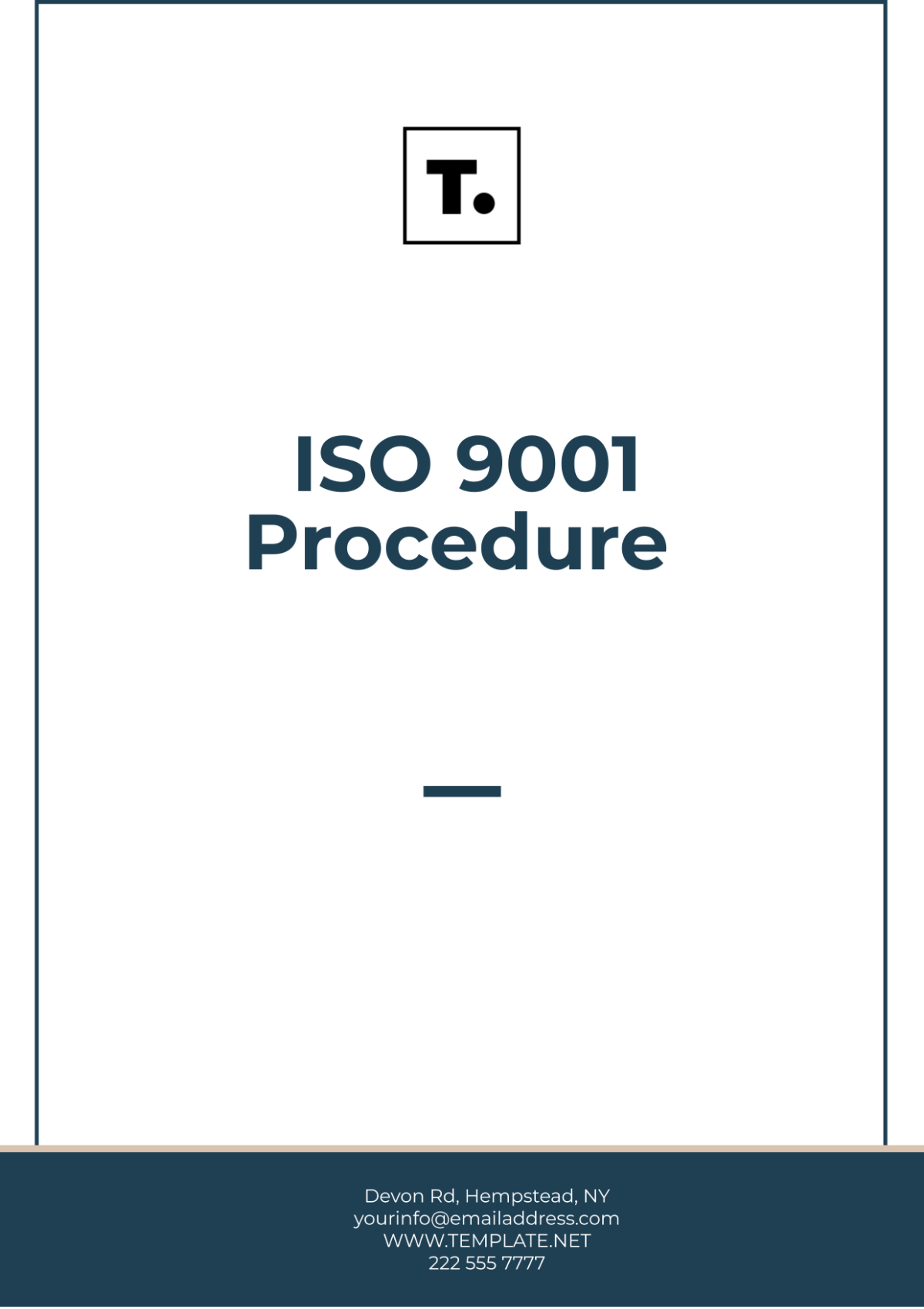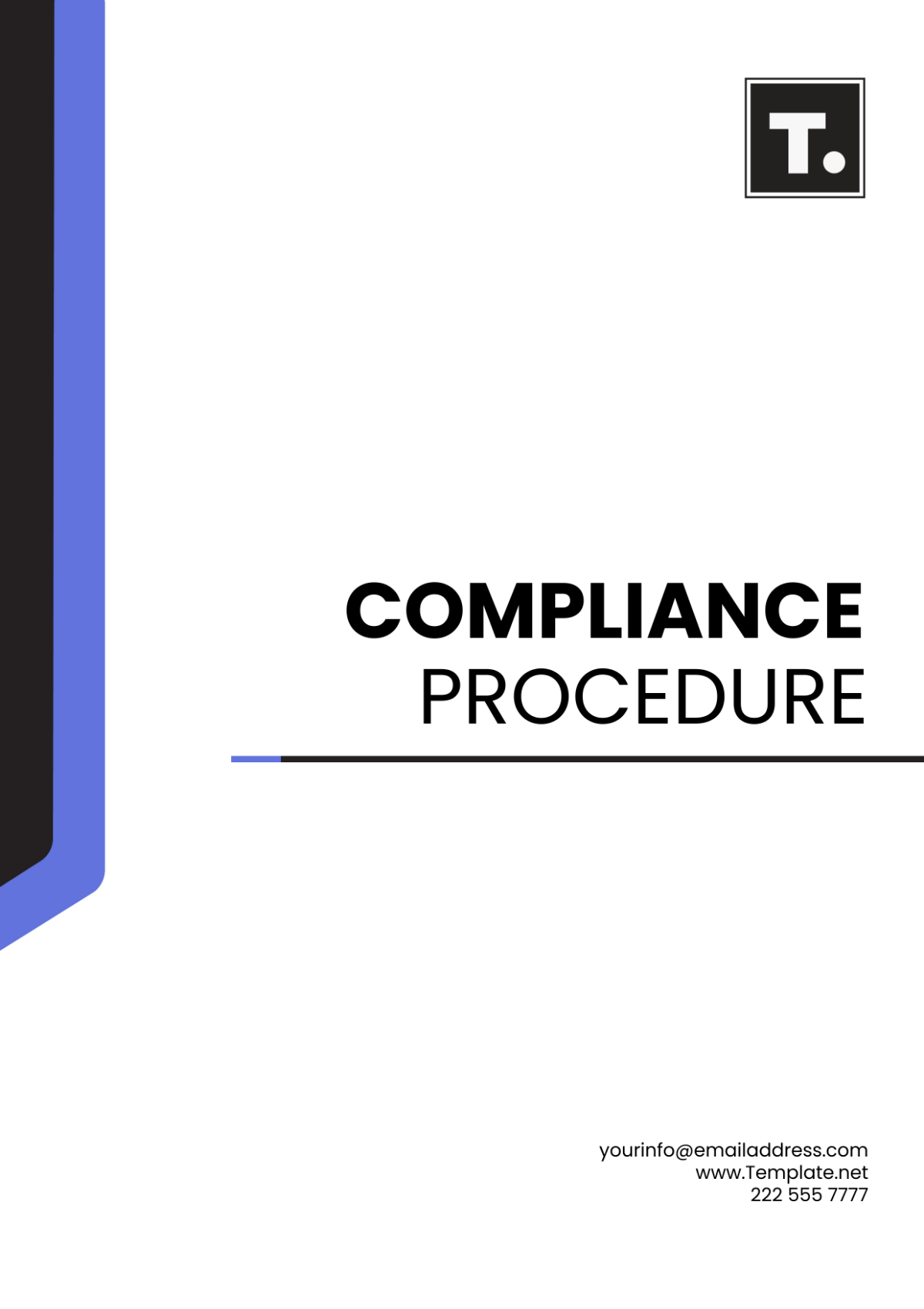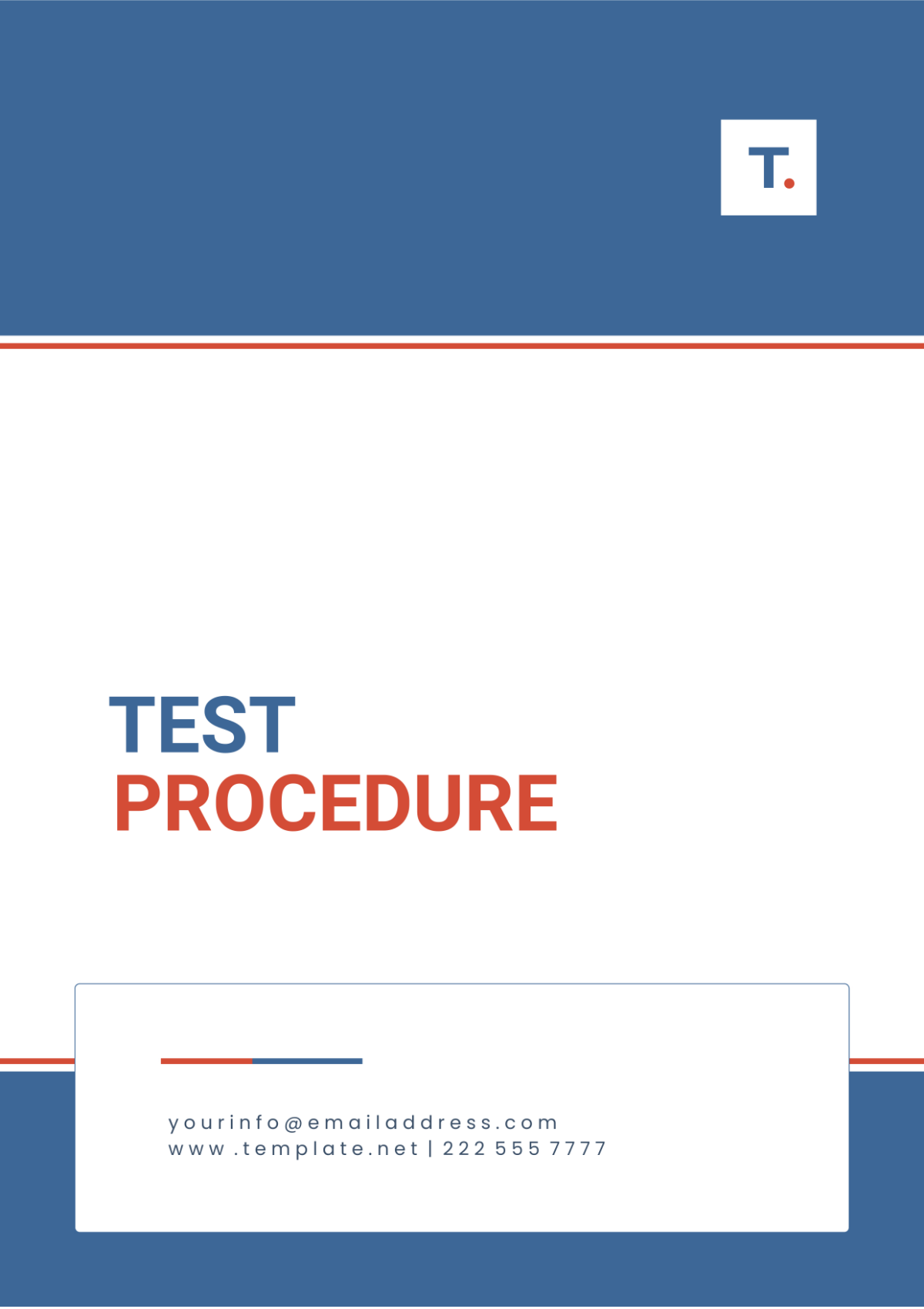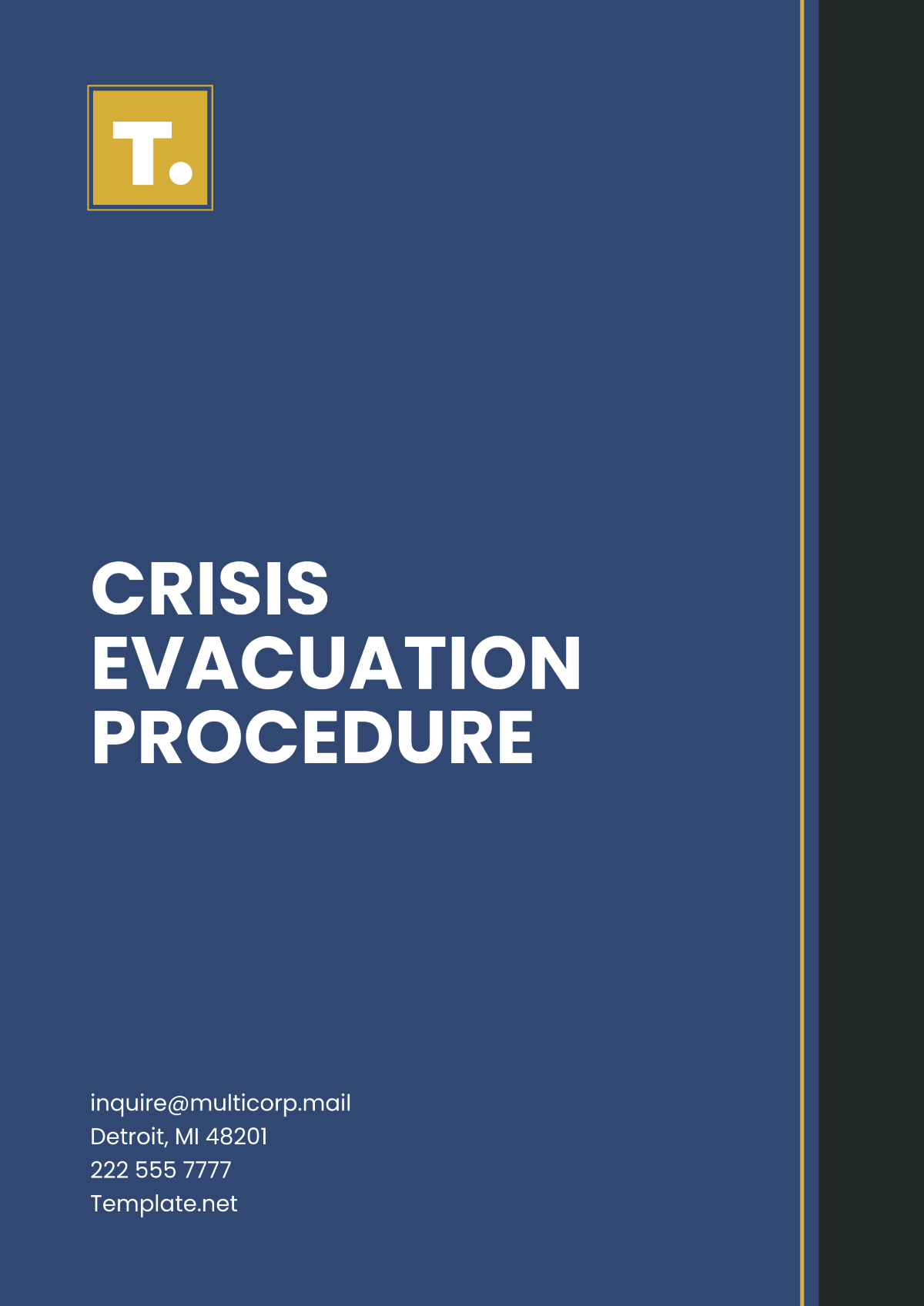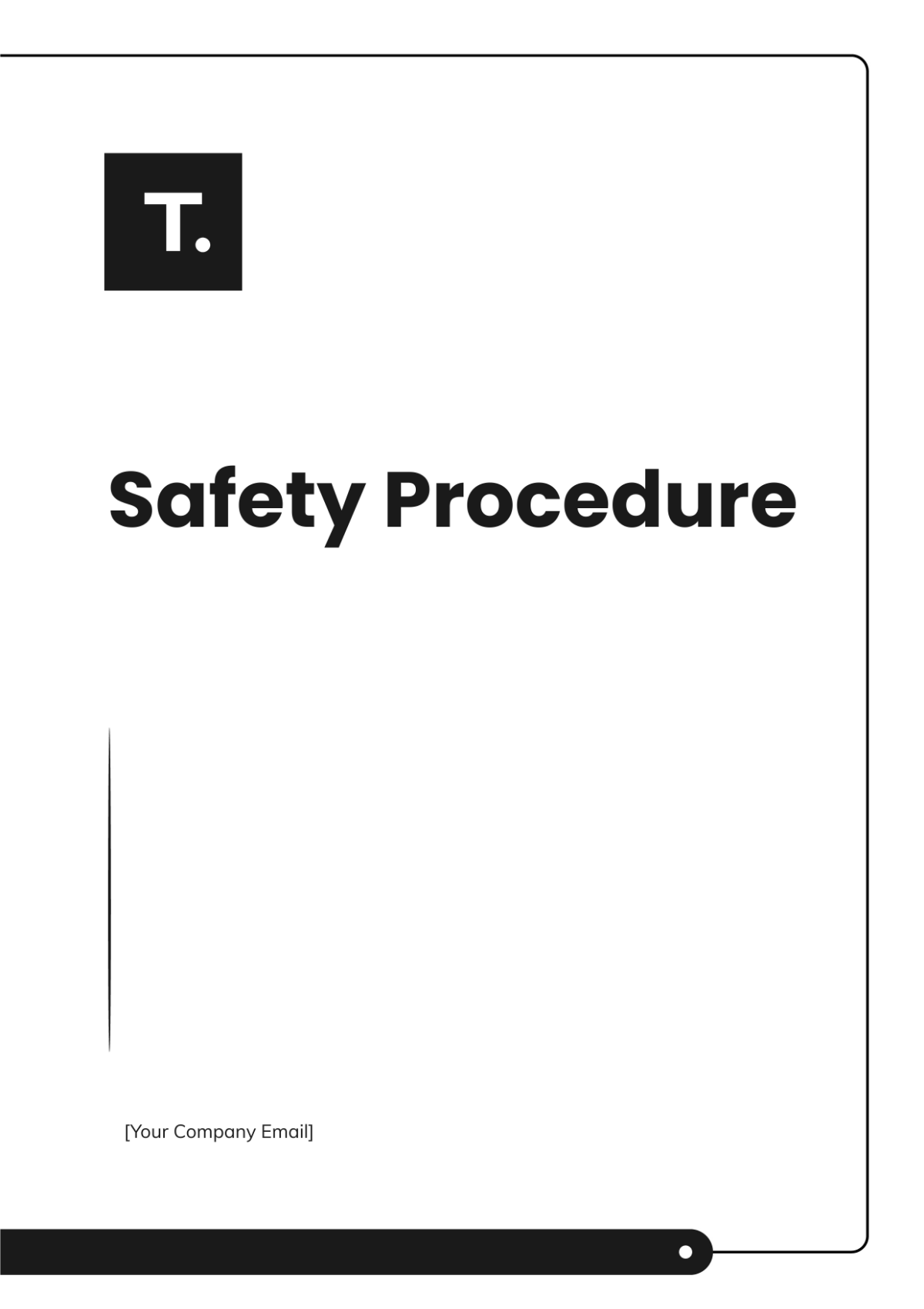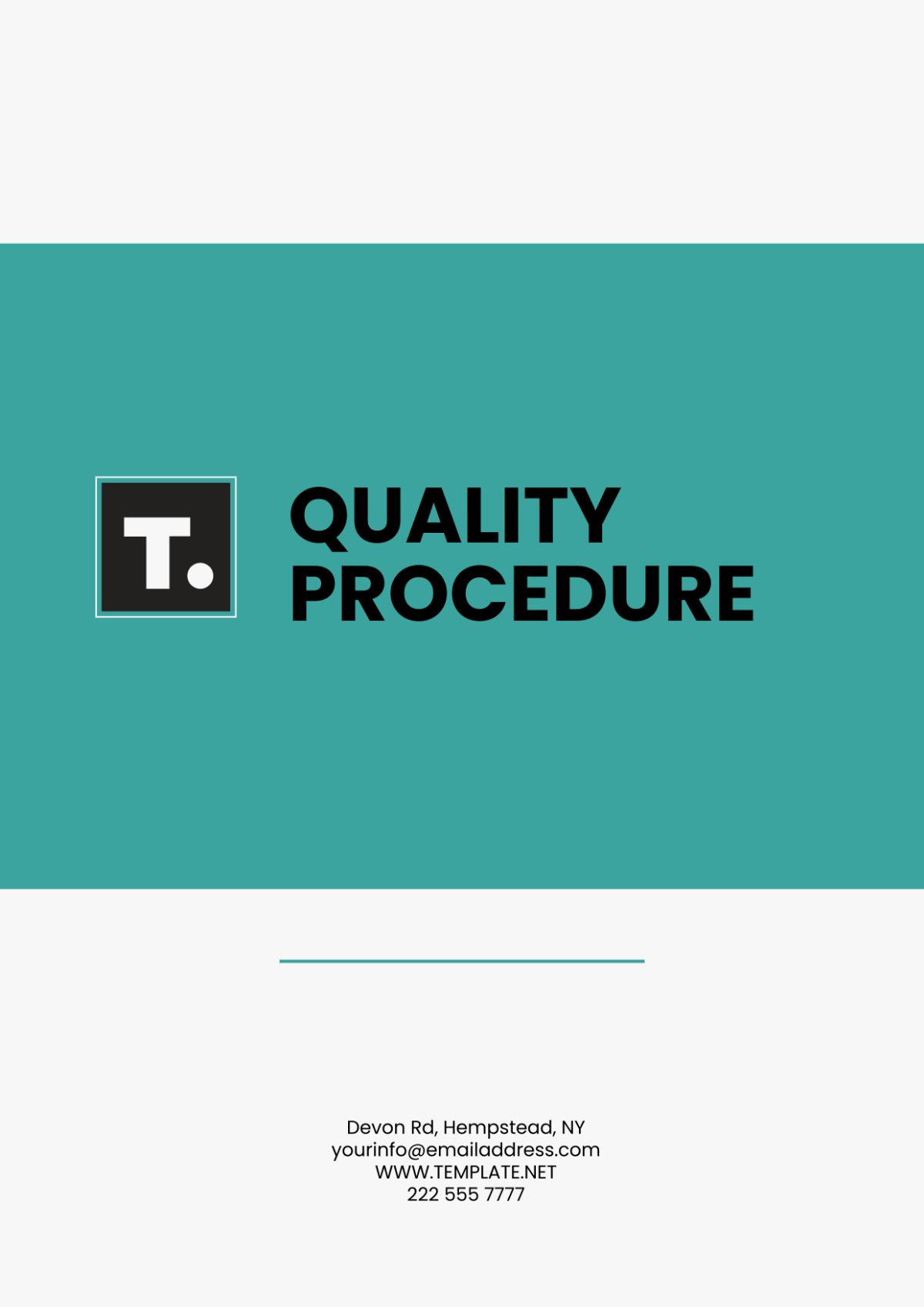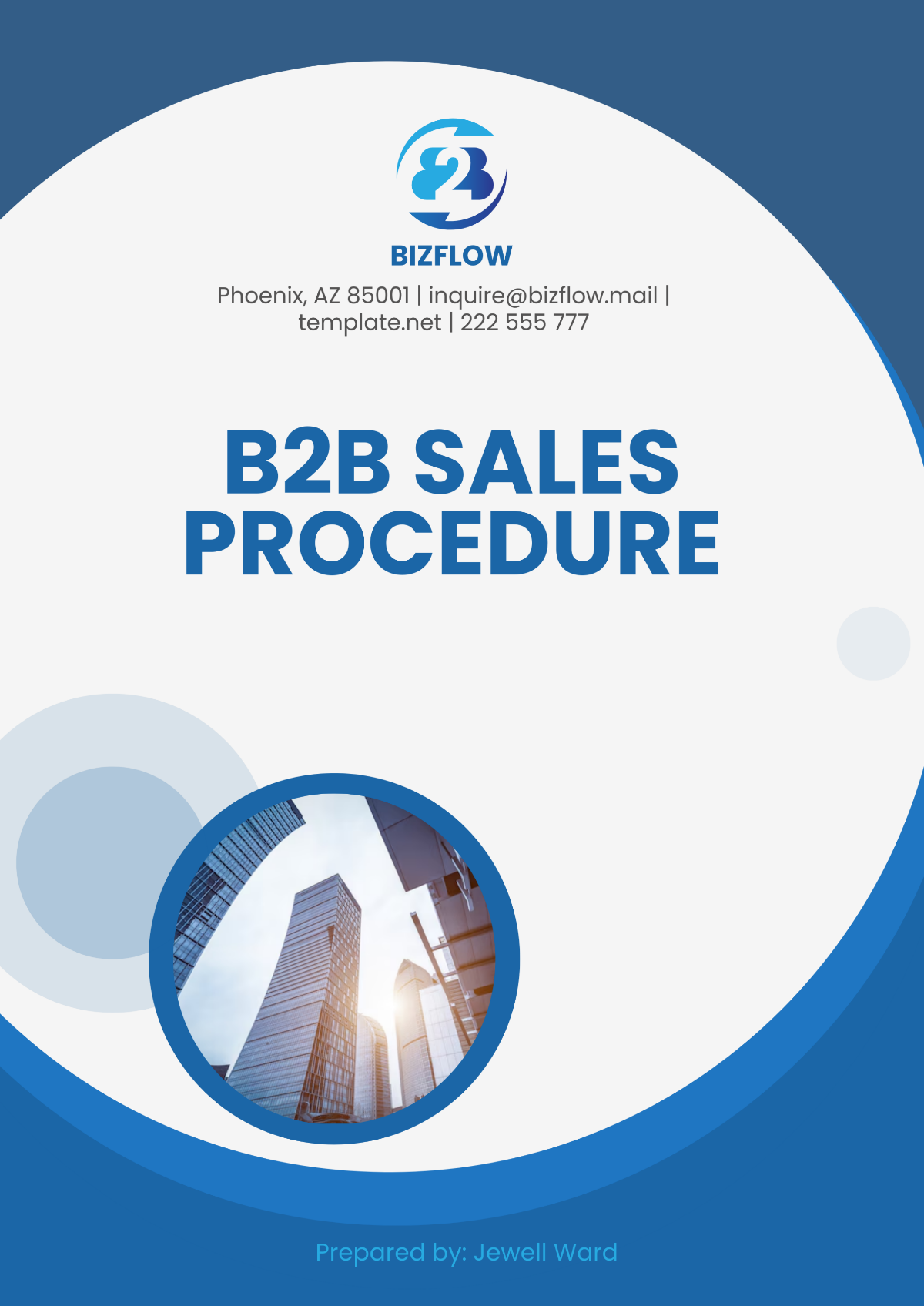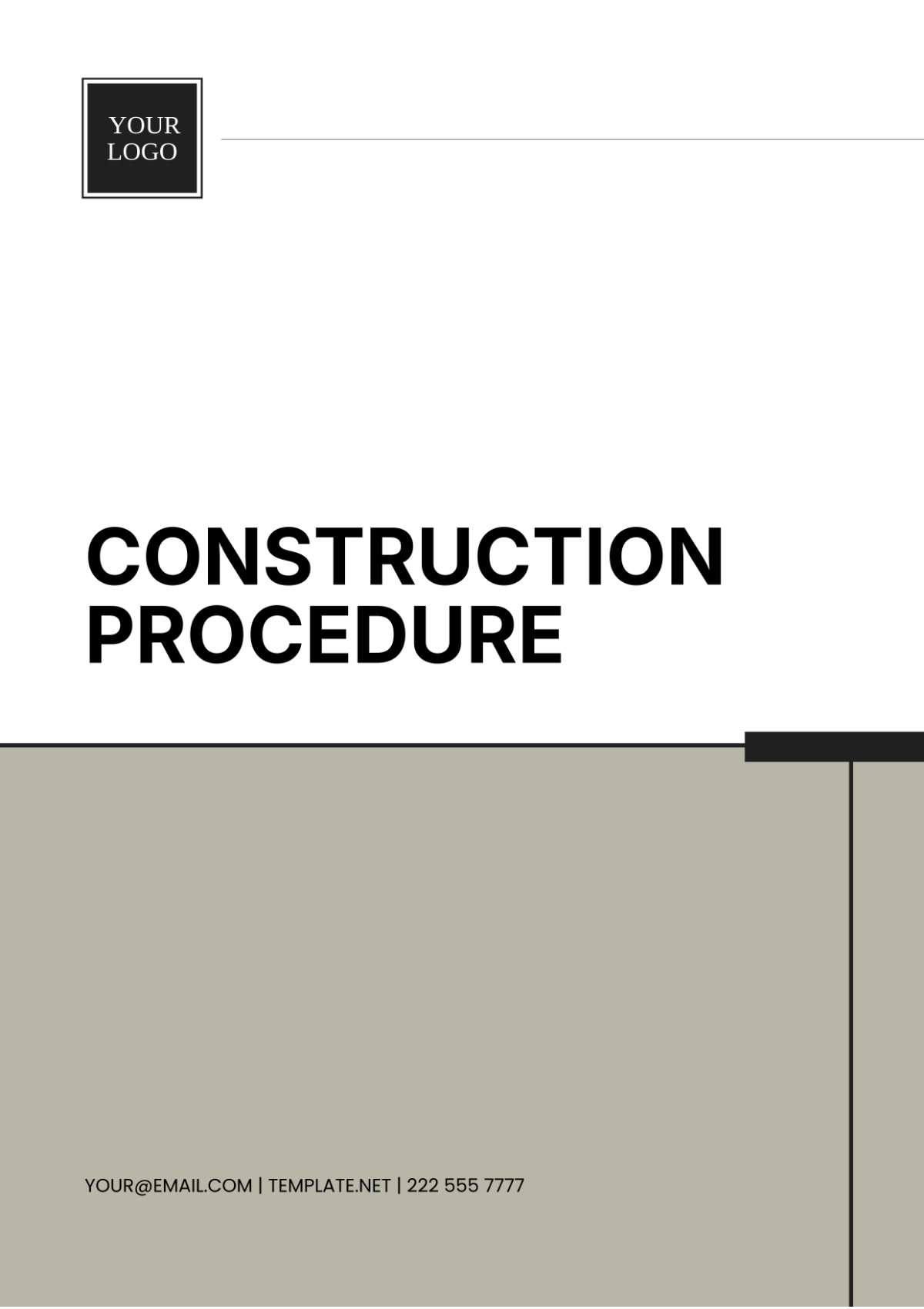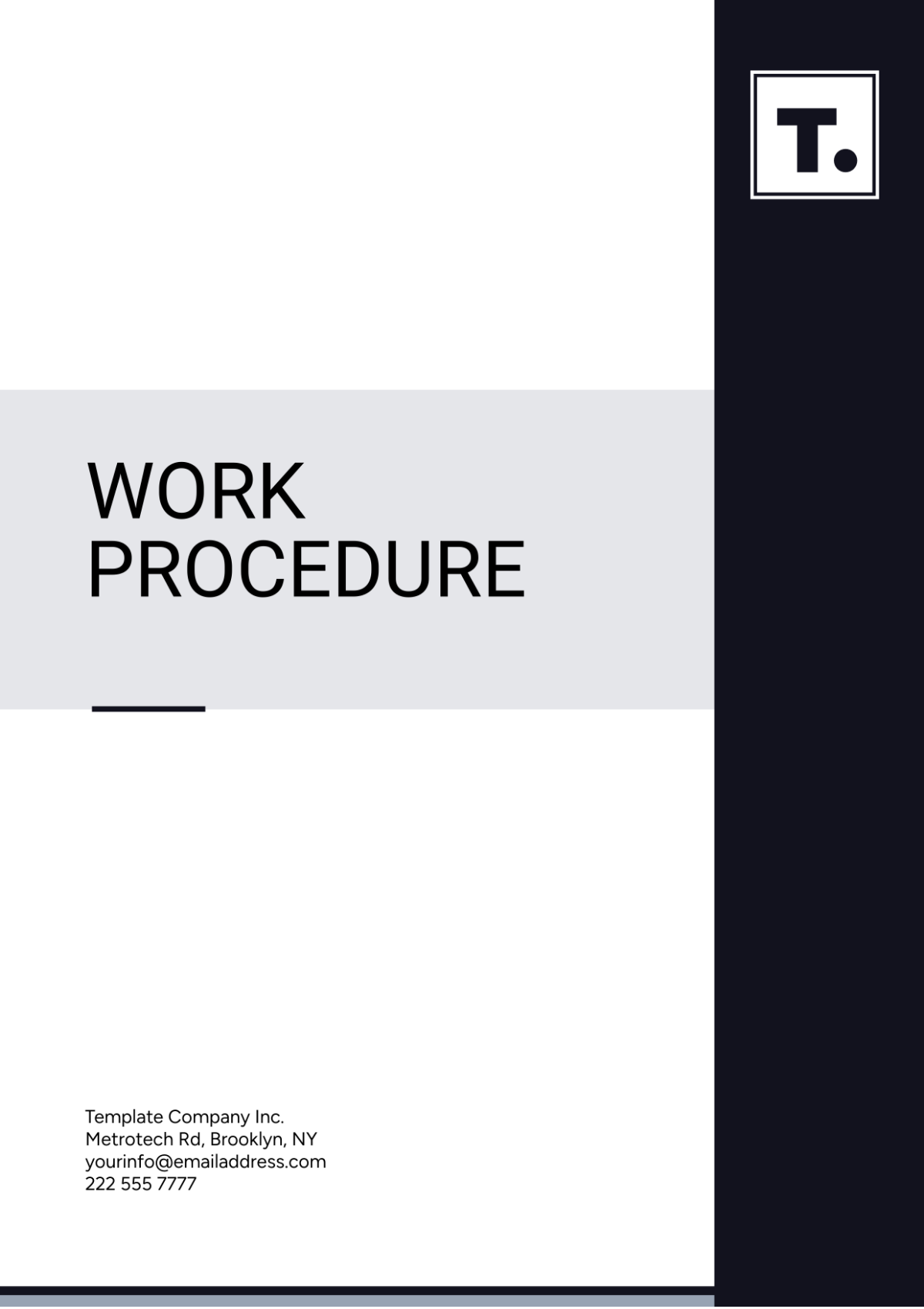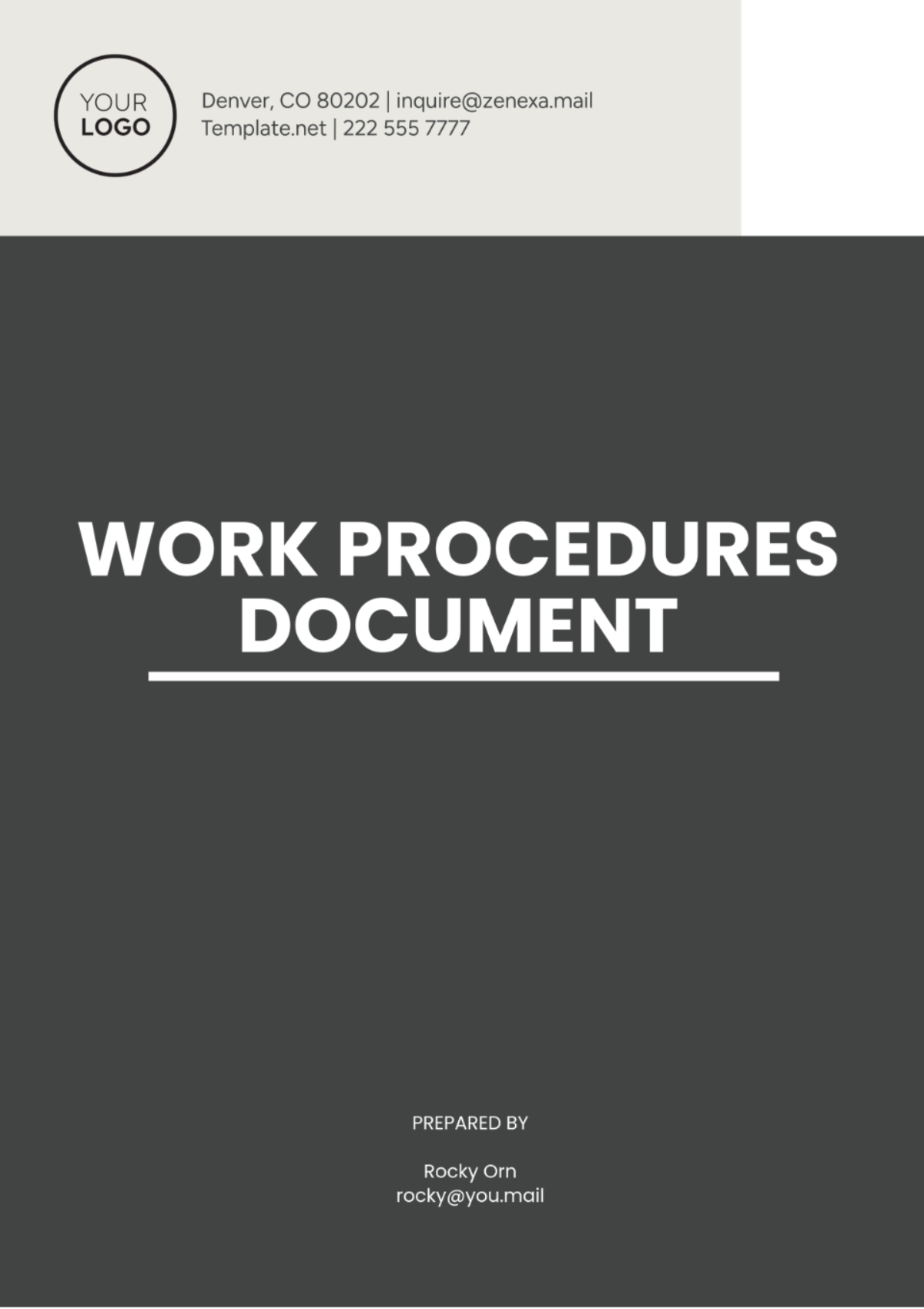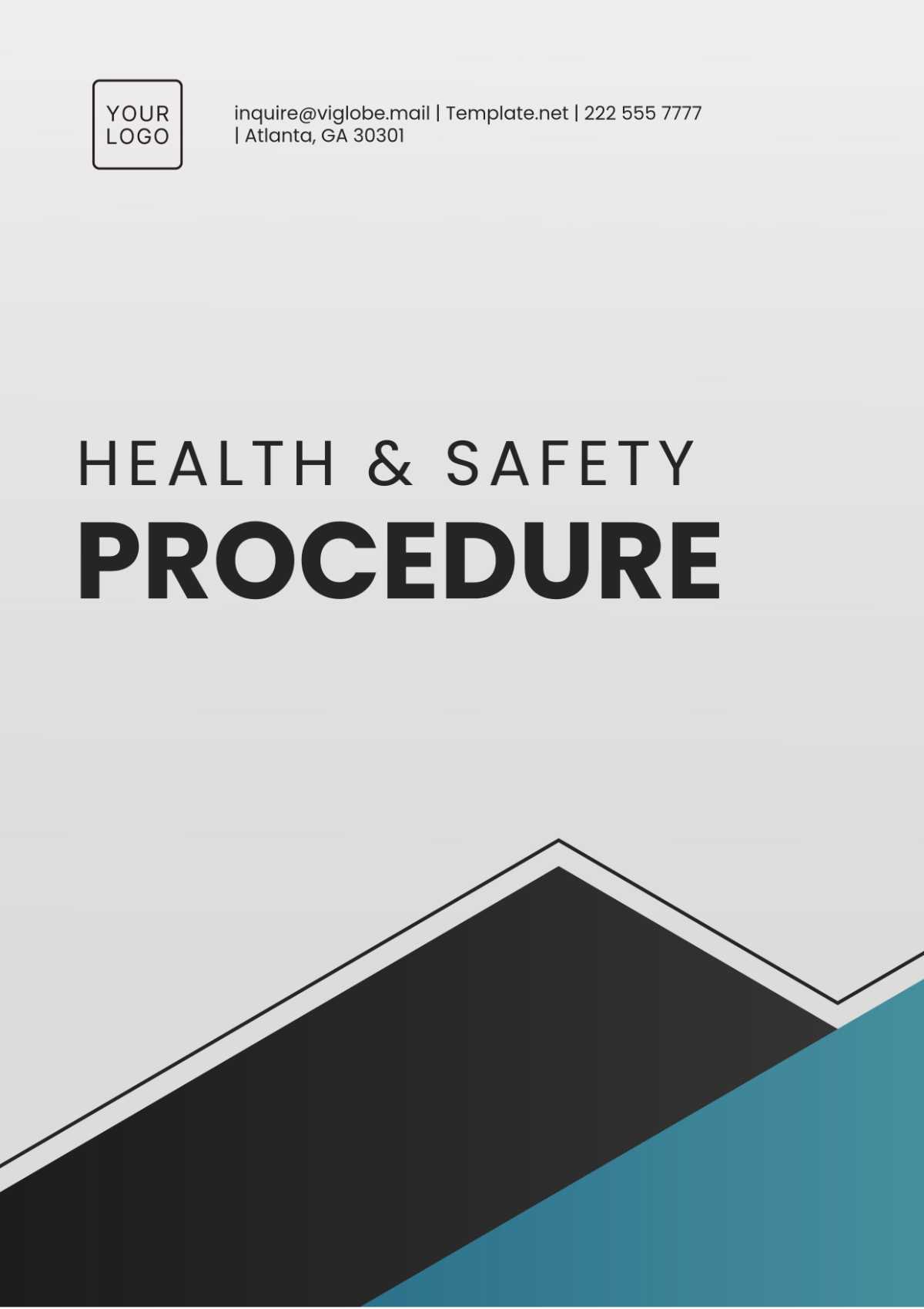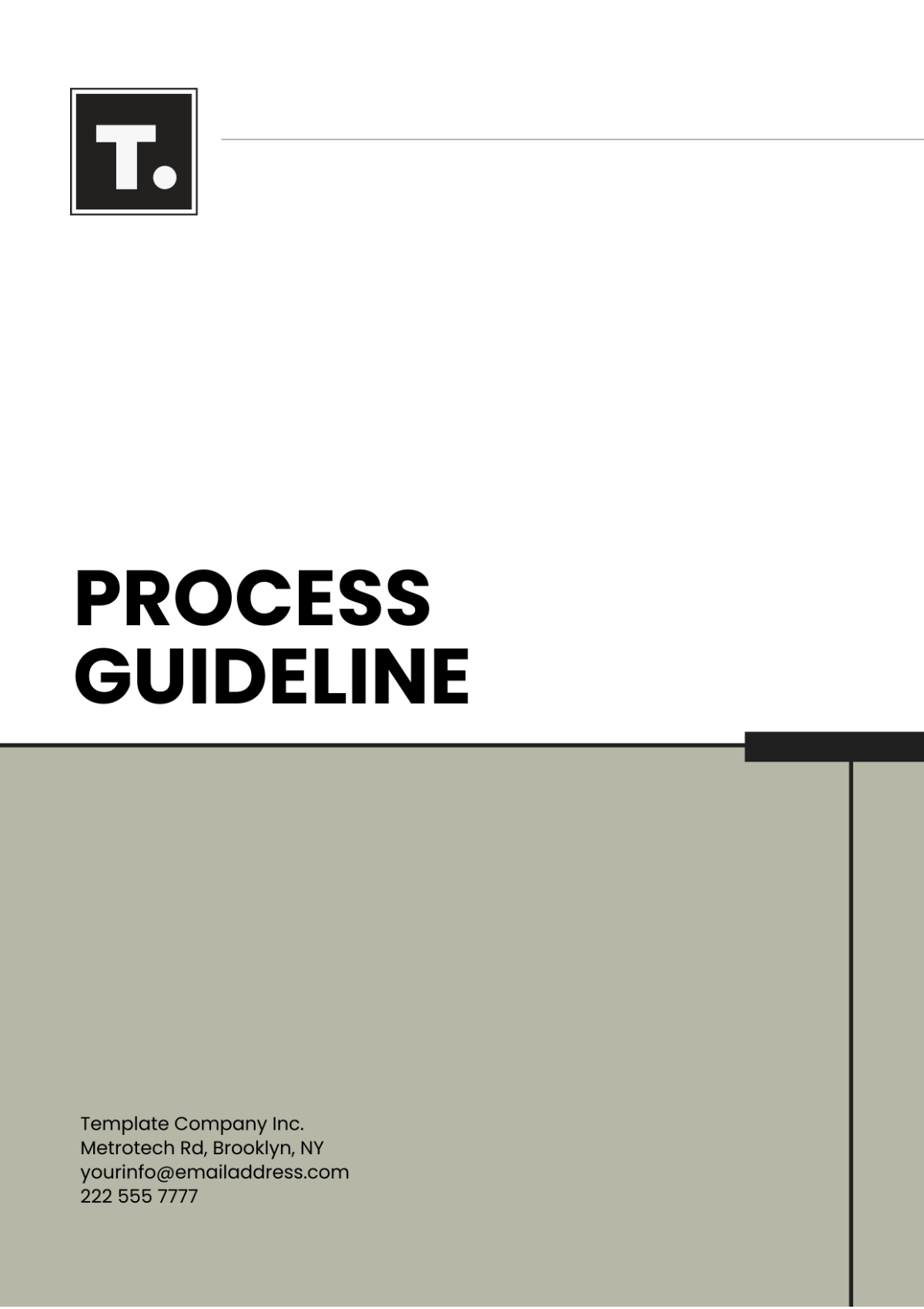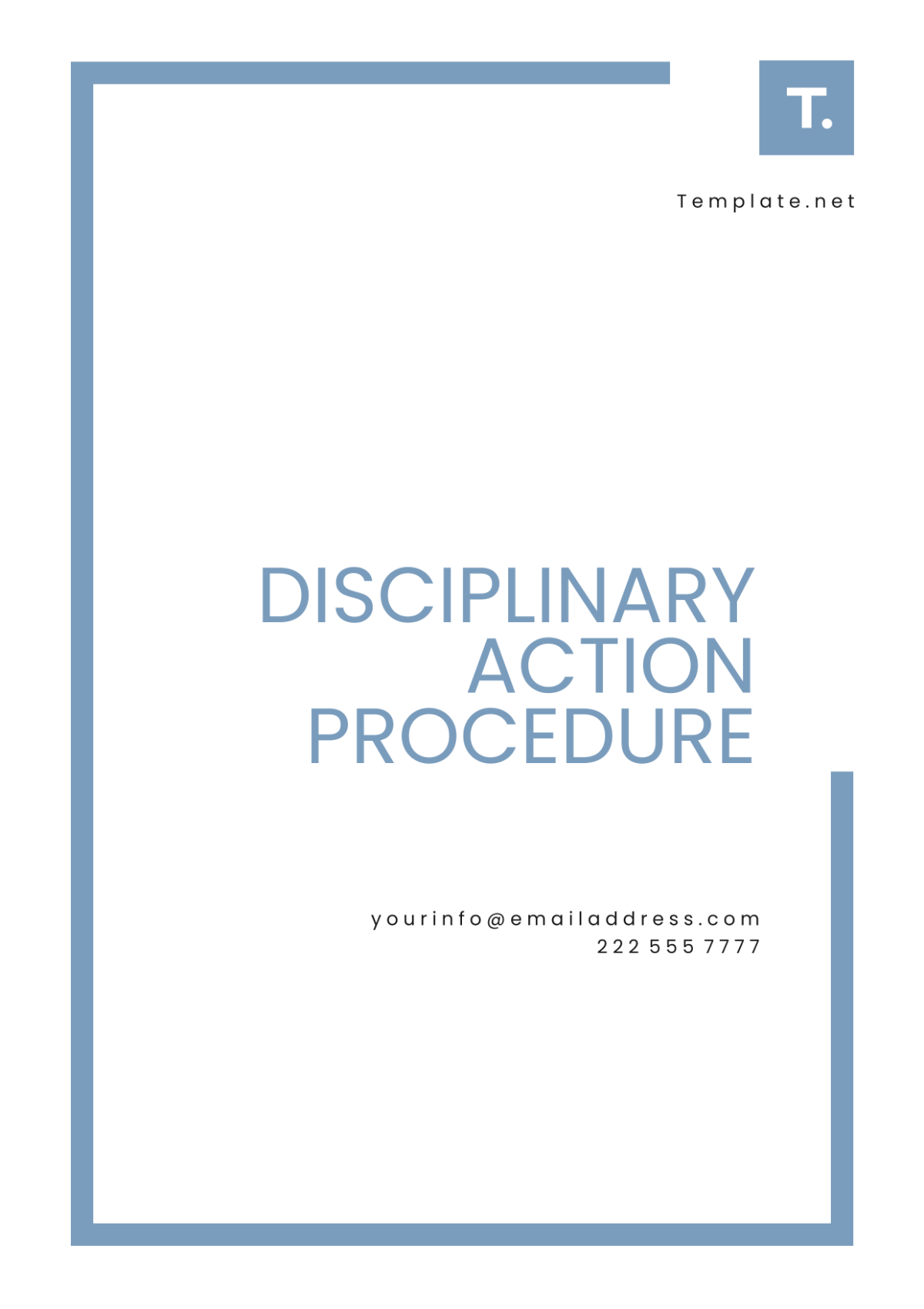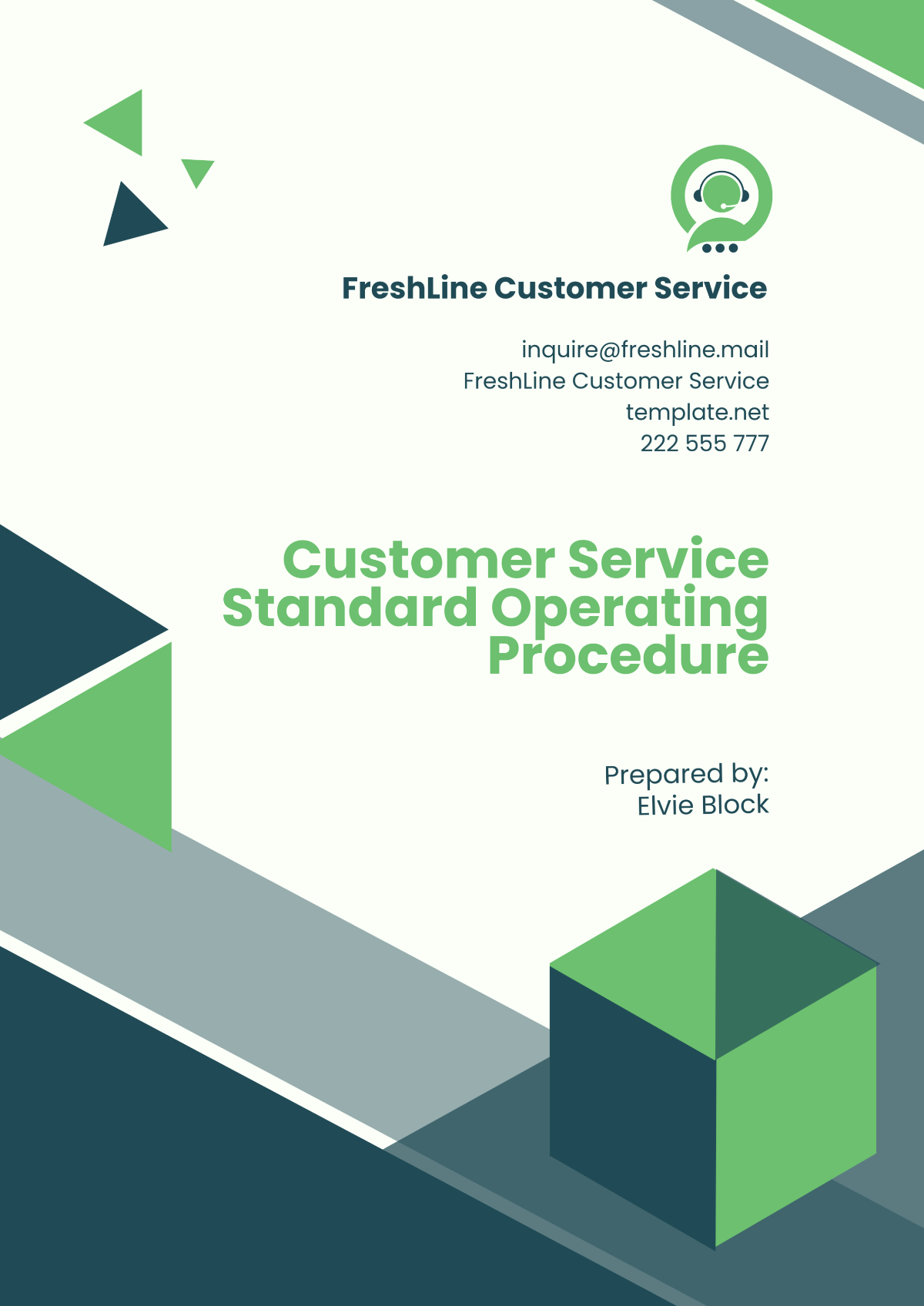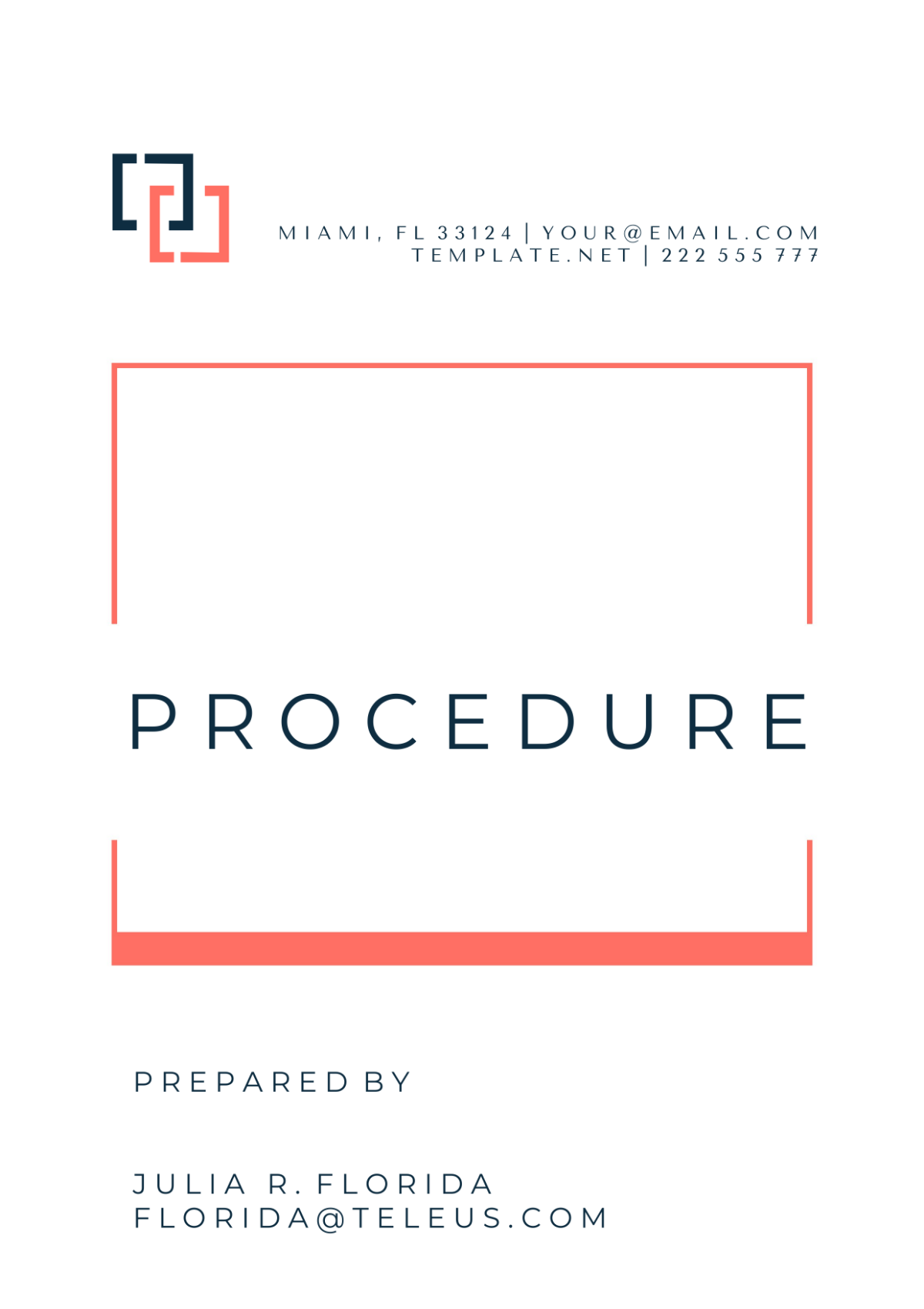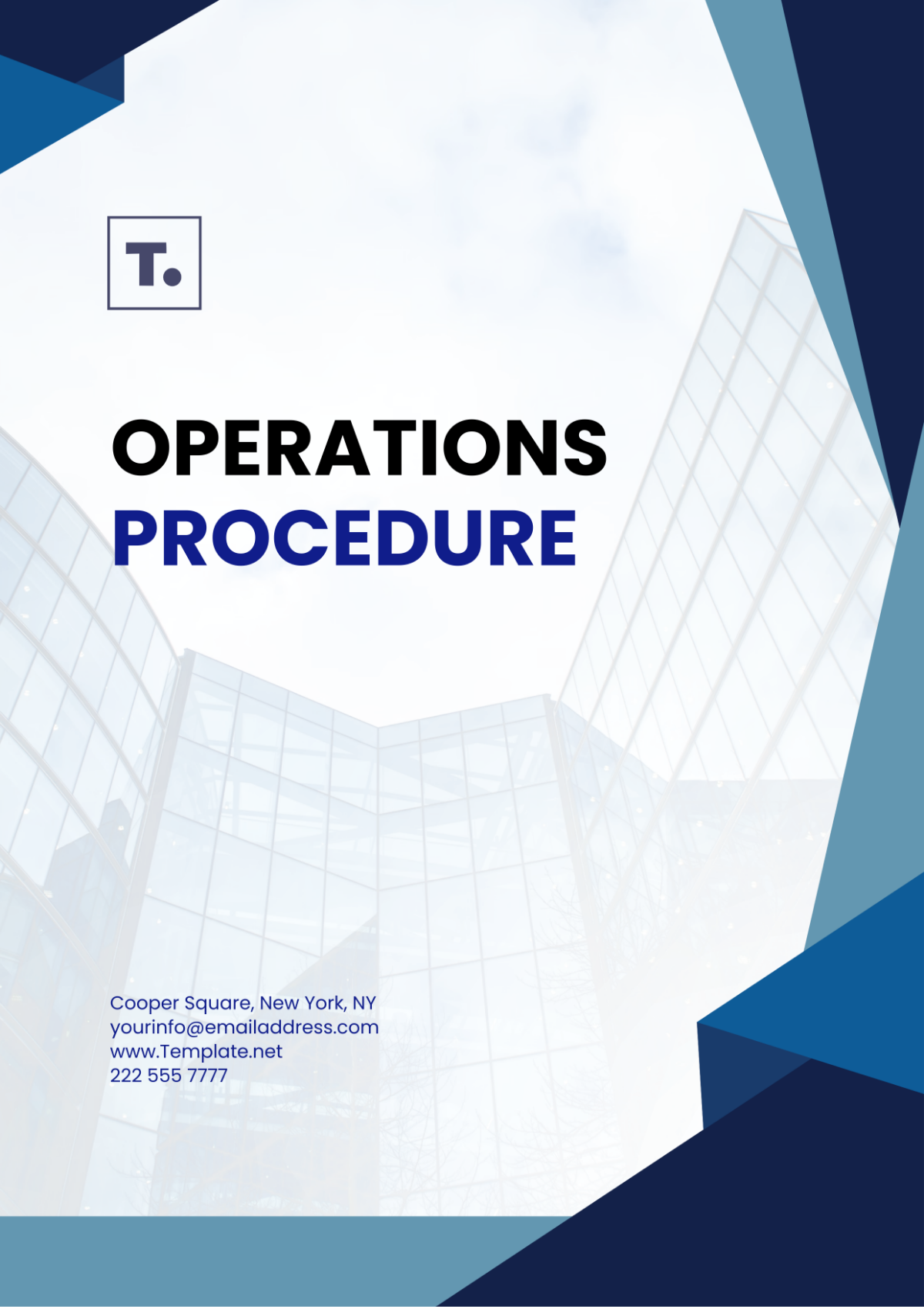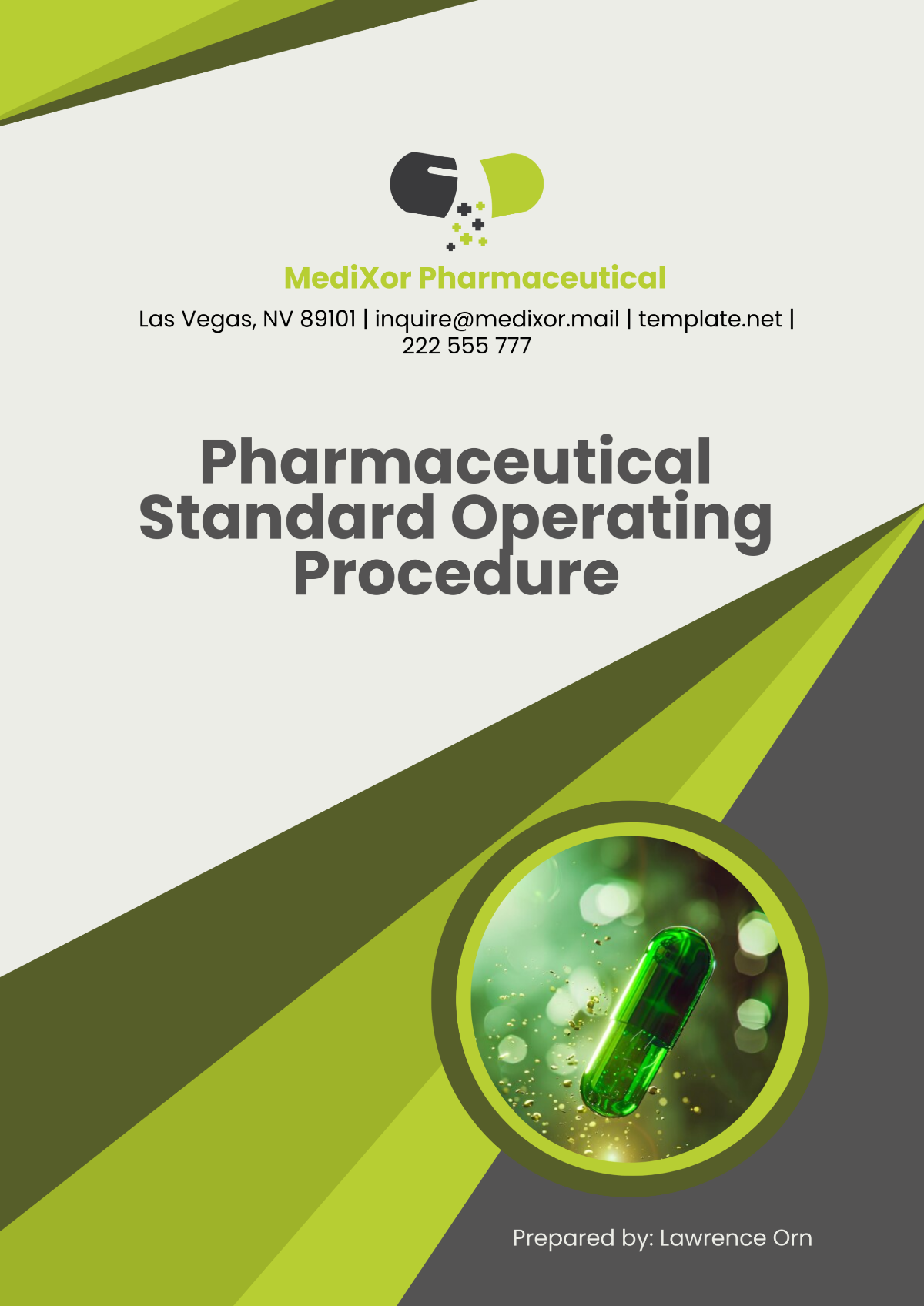Marketing Standard Operating Procedure for Product Reveals
I. Introduction
Welcome to the [Your Company Name] Marketing Standard Operating Procedure (SOP) for Product Reveals. This comprehensive document serves as a guide for marketing professionals, outlining the systematic process of planning and executing successful product launch campaigns. By following this SOP, you will ensure consistency, efficiency, and adherence to US marketing legal and standard guidelines throughout the product reveal process.
II. Objectives
The primary goal of the [Your Company Name] Marketing Standard Operating Procedure (SOP) for Product Reveals is to empower marketing professionals like you in planning, executing, and optimizing product launch or reveal campaigns. This SOP is designed to help you achieve several key objectives:
Consistency Ensure that every product reveal maintains a consistent brand image and messaging across all marketing channels. |
Efficiency Streamline the product reveal process to save time and resources, maximizing the impact of your campaigns. |
Effectiveness Enable marketing professionals to set clear, measurable objectives and key performance indicators (KPIs) to gauge the success of product reveals. |
Compliance Ensure that all marketing activities adhere to US marketing legal and standard guidelines. |
By following this SOP, you will be well-equipped to create buzz, generate leads, and drive sales during your product reveals, ultimately contributing to the success and growth of [Your Company Name].
III. Roles and Responsibilities
In the realm of product reveals, a well-defined team structure is crucial for success. Below, we outline the key roles and responsibilities to help you assign and manage tasks effectively:
Role | Responsibilities |
Project Manager | Oversee the entire product reveal process. Set timelines, milestones, and budgets. Ensure team members meet deadlines and stay within budget. |
Content Creator | Develop engaging and persuasive content for marketing channels (blog posts, social media, emails, press releases). Ensure content aligns with product messaging and brand tone. |
Designer | Create visual assets (graphics, videos, images) for marketing materials. Maintain consistent branding across creative elements. |
Social Media Manager | Manage social media accounts and schedule posts. Engage with the audience and monitor social media performance. |
Email Marketing Specialist | Design and send email campaigns to targeted lists. Track open rates, click-through rates, and conversions. |
Advertising Specialist | Plan and execute online advertising campaigns (e.g., Google Ads, Facebook Ads). Monitor ad performance and adjust strategies as needed. |
PR Coordinator | Coordinate with external PR agencies if necessary. - Draft and distribute press releases and media pitches. |
Analytics and Reporting Analyst | Collect and analyze data related to the product reveal's performance. Generate reports with insights and recommendations for optimization. |
Customer Support Representative | Provide support to customers with inquiries related to the product reveal. Resolve issues promptly to maintain a positive customer experience. |
Legal and Compliance Advisor | Ensure all marketing activities adhere to US marketing legal and standard guidelines. - Review content and campaigns for compliance. |
IV. Timeline and Milestones
A well-structured timeline with clearly defined milestones is essential for the successful execution of your product reveal campaign. Below, we provide a sample timeline and milestones. Please adjust the dates and details to align with your specific campaign duration.
Phase | Timeline | Milestone/Task |
Pre-Launch Phase | ||
Campaign Planning | 10/01 - 10/05 | Define objectives, audience, and messaging. |
Content Creation | 10/06 - 10/08 | Create content (blogs, social, emails). |
Design Assets | 10/09 - 10/10 | Develop visual assets (graphics, videos). |
Technical Setup | 10/11 - 10/12 | Ensure platforms are ready. |
Marketing Materials | 10/13 - 10/15 | Prepare press releases and promo materials. |
Launch Phase | ||
Launch Campaign | 10/16 - 10/18 | Initiate the campaign across all channels. |
Monitor Performance | 10/19 - 10/22 | Track campaign results. |
Customer Engagement | 10/23 - 10/27 | Engage with customers and provide support. |
Post-Launch Phase | ||
Analyze Results | 11/01 - 11/03 | Analyze campaign results and KPIs. |
Report Generation | 11/04 - 11/05 | Create a report with insights. |
Optimization | 11/06 - 11/07 | Implement changes based on analysis. |
V. Target Audience
Identifying a precise target audience is a pivotal element of a successful product reveal campaign. [Your Company Name] has defined the following target audience for your product reveal:
Primary Audience |
|
Secondary Audience |
|
Tailored Messaging |
|
VI. Product Messaging and Positioning
Effective product messaging and positioning are critical to capturing your audience's attention and communicating the unique value of your product during the reveal. At [Your Company Name], we have carefully crafted the following messaging and positioning strategy:
Product Value | Unique Selling Points | Brand Personality |
Our product, the "EcoSmart Home Assistant," is positioned as the ultimate solution for eco-conscious homeowners seeking to reduce their carbon footprint. It's an intelligent home system that optimizes energy usage, reduces waste, and enhances sustainability. | We emphasize its real-time energy monitoring and control capabilities, alongside its seamless integration with smart home devices, setting it apart as a holistic sustainability solution. | We convey our brand as approachable and eco-friendly, evoking a sense of responsibility and excitement about sustainable living in our audience. |
By aligning our messaging and positioning with the core values of our target audience, we aim to create a compelling and memorable product reveal that resonates with customers and establishes a lasting brand impression.
VII. Marketing Channels and Tactics
Selecting the right marketing channels and tactics is instrumental in ensuring that your product reveal reaches and engages your target audience effectively. At [Your Company Name], we've curated a comprehensive strategy:
Online Presence We will utilize our website, email marketing, and social media platforms to disseminate information, generate buzz, and drive traffic. Regular updates, teaser campaigns, and interactive content will be key components of our online strategy. |
Public Relations Leveraging press releases and media outreach, we will engage with industry influencers and publications to gain wider exposure. |
Paid Advertising We'll employ targeted online advertising through platforms like Google Ads and social media ads to reach our audience with precision. |
Content Marketing Blogs, videos, and infographics will be produced to provide valuable information and create anticipation. |
Events and Webinars Hosting webinars and virtual events will offer an interactive platform for showcasing our product's features. |
This multi-channel approach ensures a holistic and engaging product reveal that maximizes our reach and impact.
VIII. Budget and Resources
Proper allocation of resources is paramount for a successful product reveal. Below, we provide a concise sample budget plan to assist in planning and managing your marketing expenses effectively.
Expense Category | Budget Allocation (USD) |
Advertising | $5,000 |
Content Creation | $3,000 |
Design and Creative | $2,500 |
Webinar/Event Hosting | $1,500 |
Public Relations | $2,000 |
Email Marketing | $1,000 |
Miscellaneous Expenses | $1,000 |
Total Budget | $16,000 |
IX. KPIs and Metrics
Accurate measurement is the cornerstone of a successful product reveal campaign. To evaluate our campaign's impact, we've carefully chosen key performance indicators (KPIs) and metrics. Below, you'll find a bar graph displaying hypothetical KPI data, offering a visual insight into our campaign's performance and effectiveness.
The bar graph illustrates the performance metrics of a hypothetical product reveal campaign over a six-month period. It provides a visual representation of key indicators, including website traffic, social media engagement, and conversions, showcasing the campaign's growth and effectiveness over time.
X. Contingency Plan
A well-defined contingency plan is essential to address unforeseen challenges that may arise during your product reveal campaign. Here are the key sub-sections within our contingency plan:
Risk Assessment
Identify potential risks and challenges that could impact the campaign's success, such as technical issues, negative publicity, or supply chain disruptions.
Response Team
Formulate a dedicated response team consisting of key stakeholders and experts from relevant departments to address specific issues.
Communication Strategy
Define how and when to communicate issues to internal and external stakeholders, ensuring transparency and timely updates.
Issue Resolution
Outline step-by-step procedures for resolving identified risks, including contingency budgets, alternative suppliers, or crisis communication plans.
Adjustment to Timeline
Specify how the campaign timeline may be adjusted to accommodate unforeseen delays or changes.
Budget Reallocations
Detail the process for reallocating budget resources to mitigate the impact of unexpected challenges.
Legal and Compliance Considerations
Ensure that any responses align with legal and compliance requirements, consulting with legal advisors when necessary.
Monitoring and Evaluation
Implement mechanisms to monitor the effectiveness of contingency actions taken and adjust as needed.
By having a well-structured contingency plan in place, we can respond swiftly and effectively to any challenges that may arise, ensuring the product reveal's success and brand reputation are preserved.
